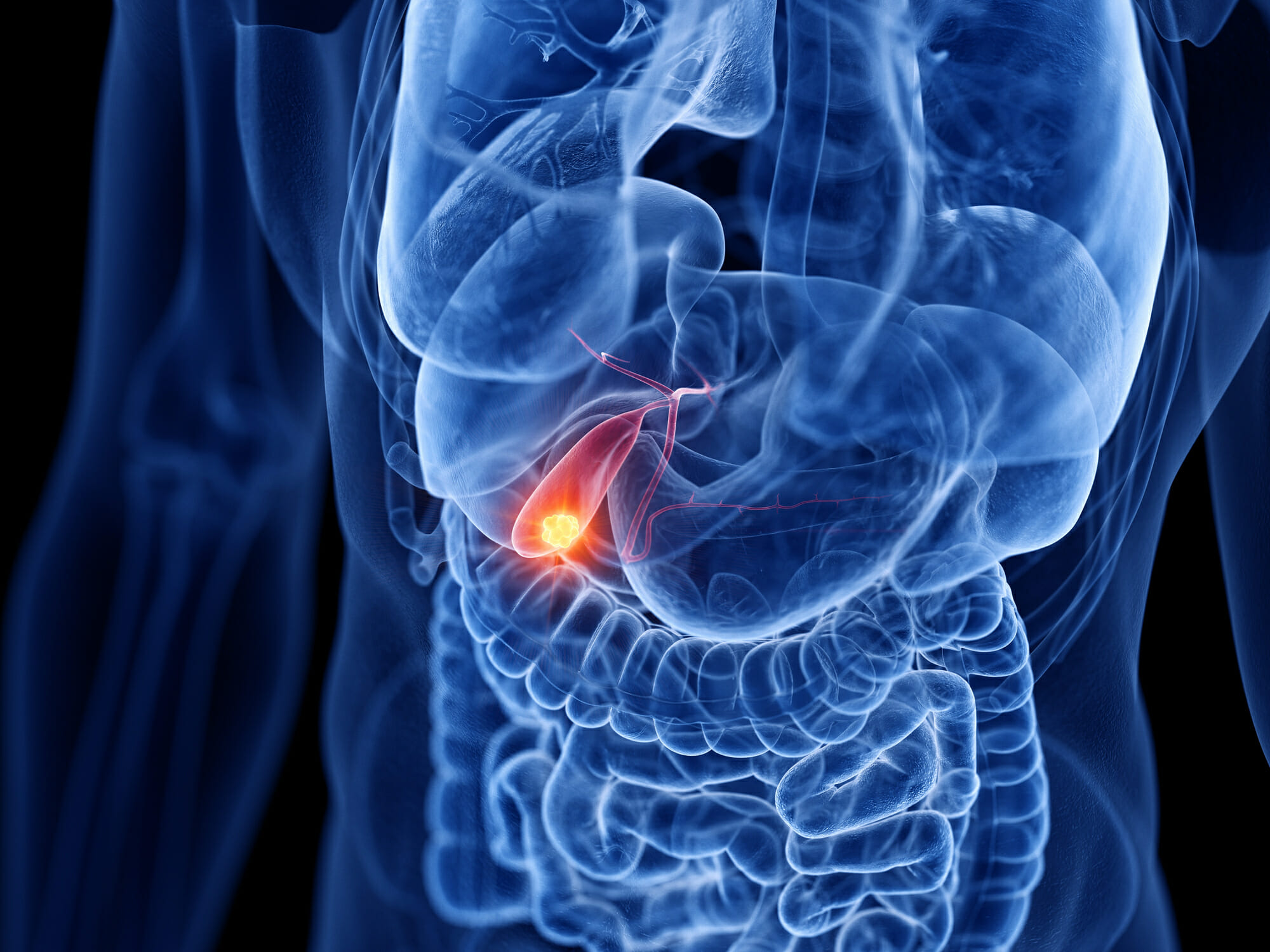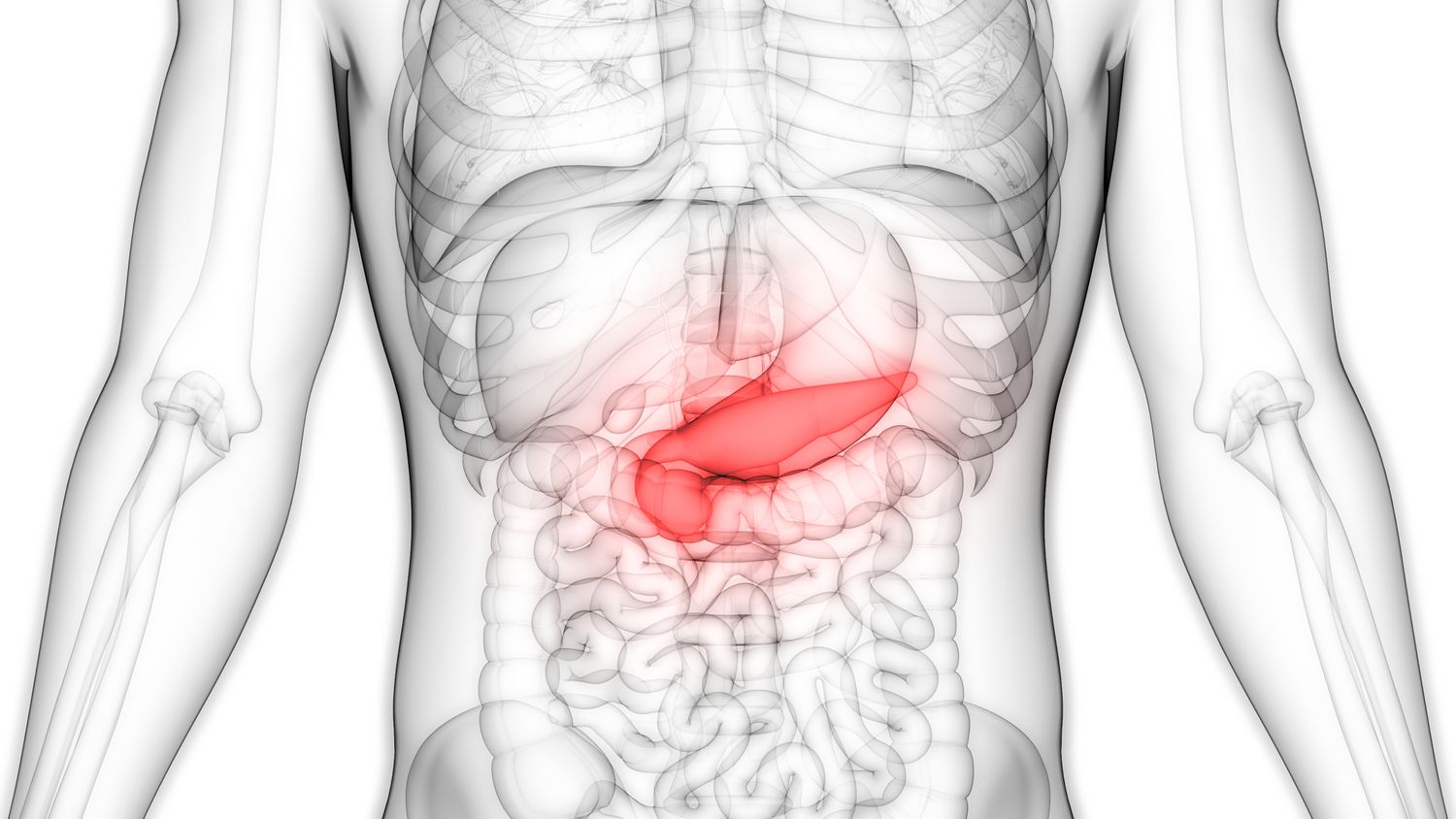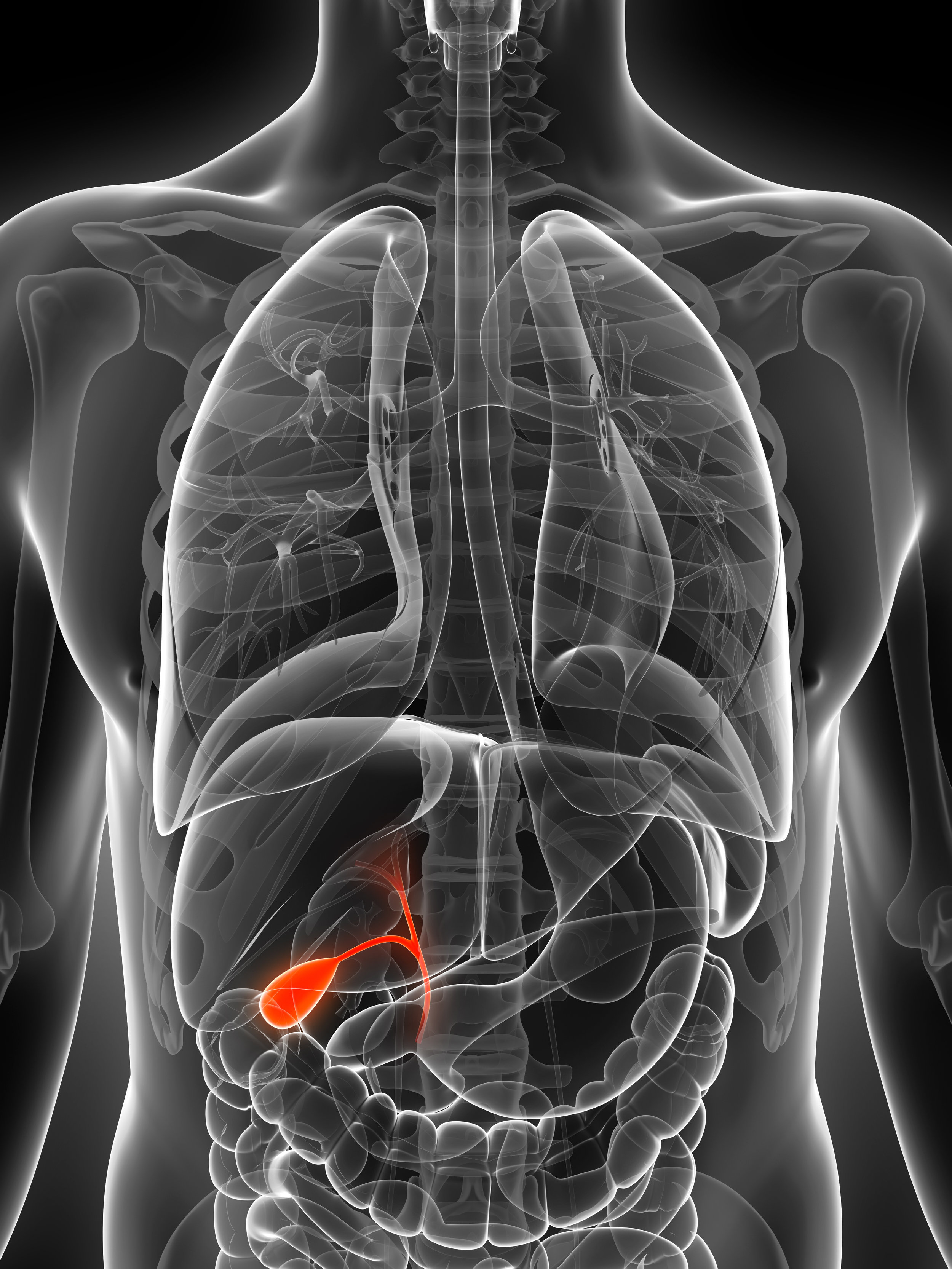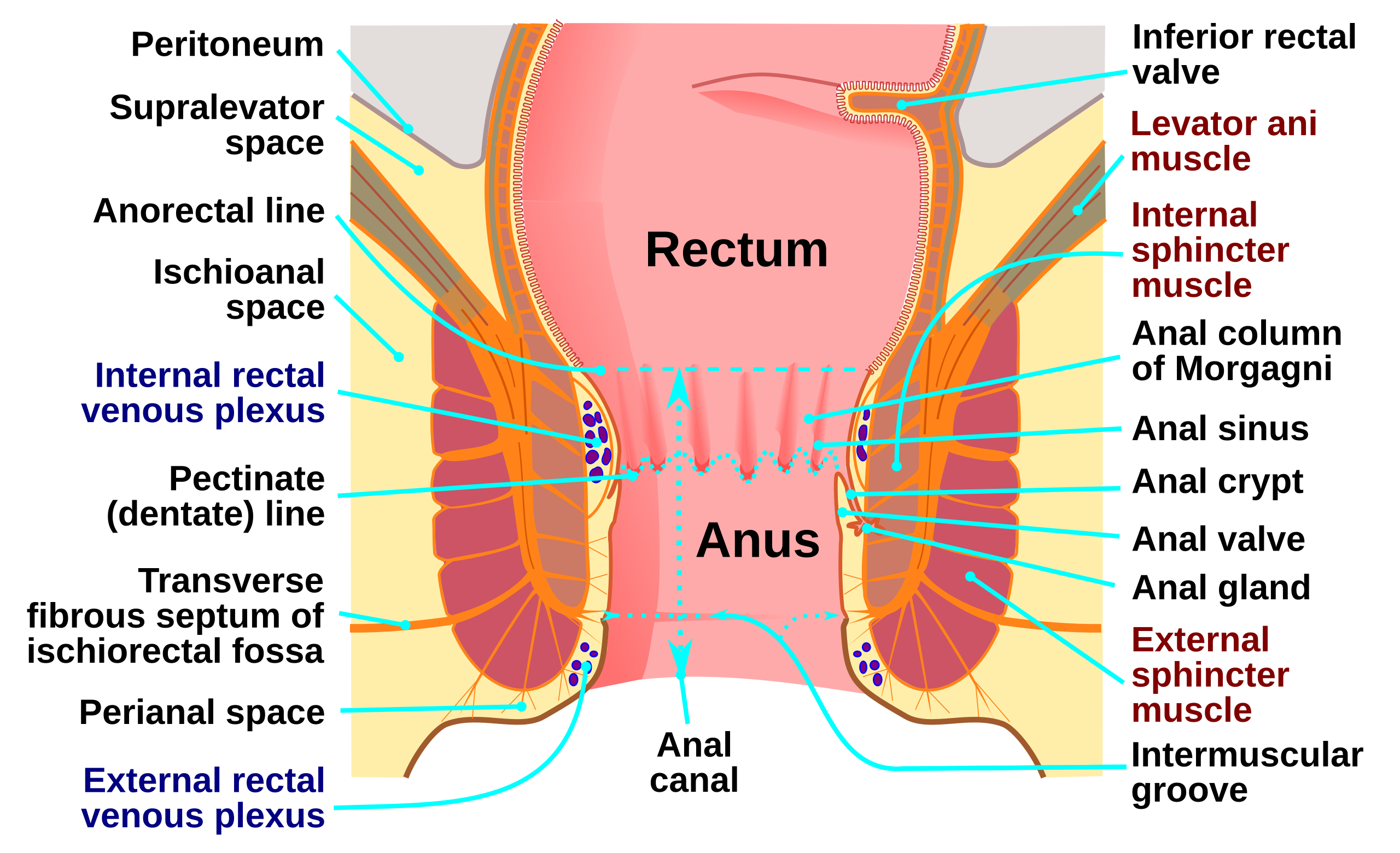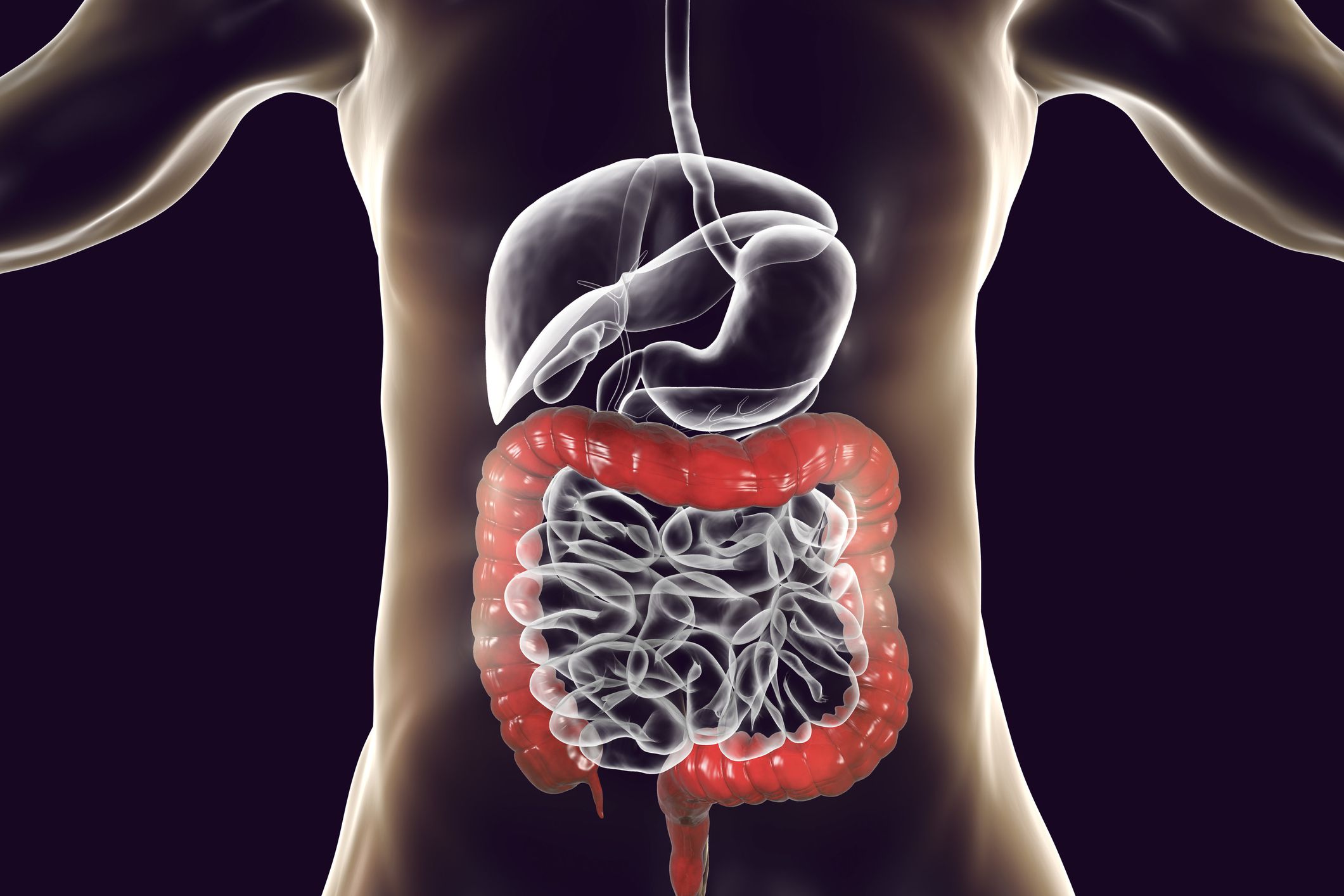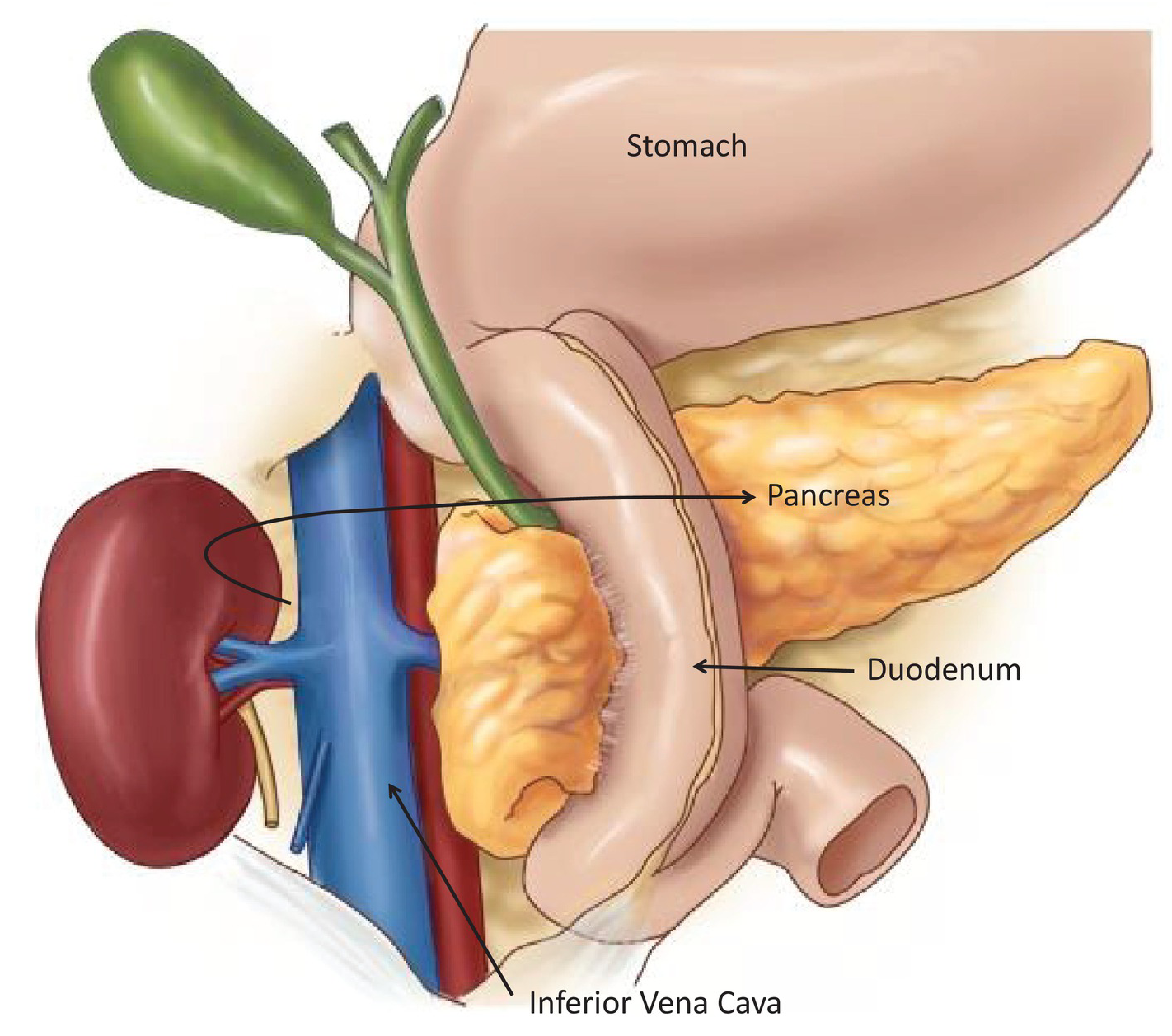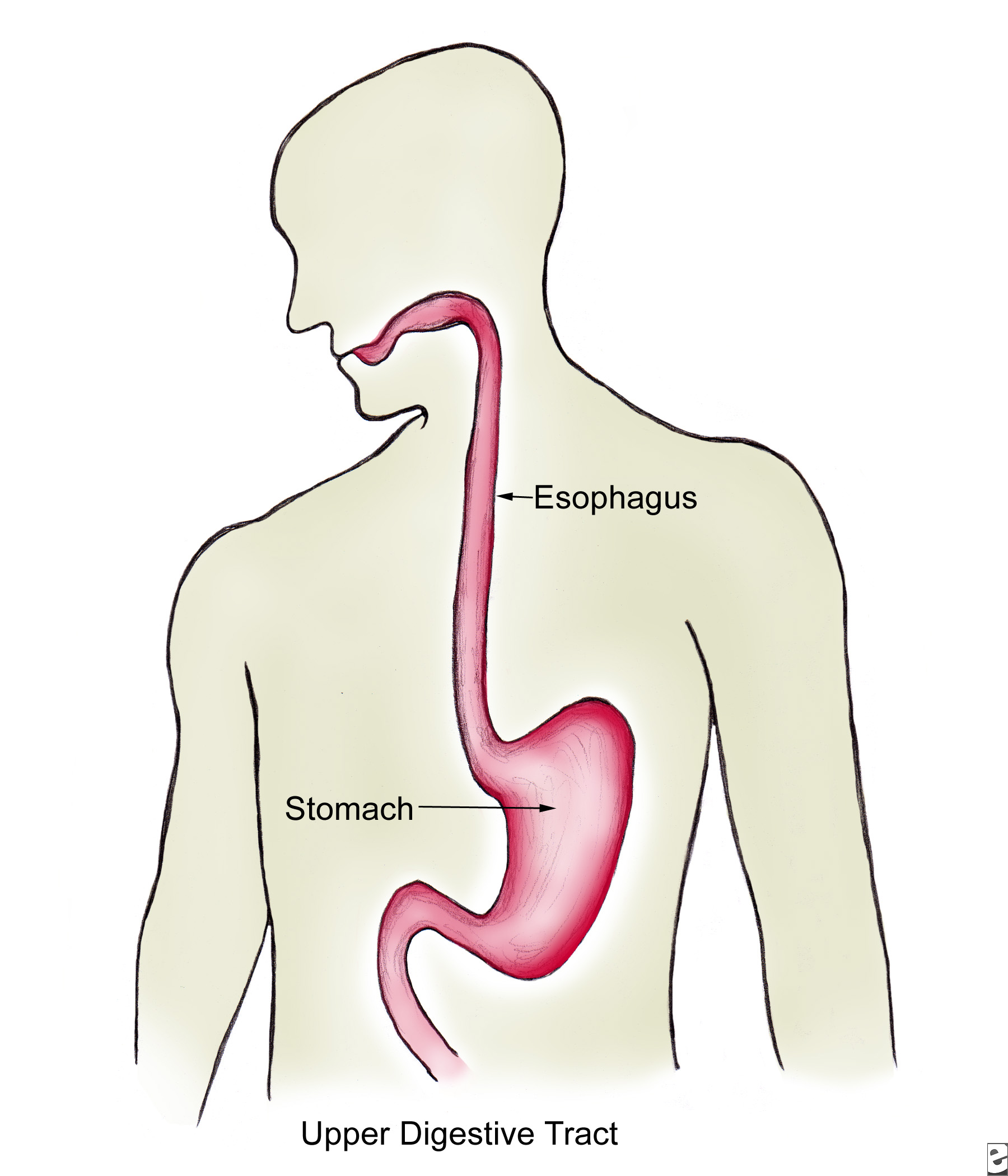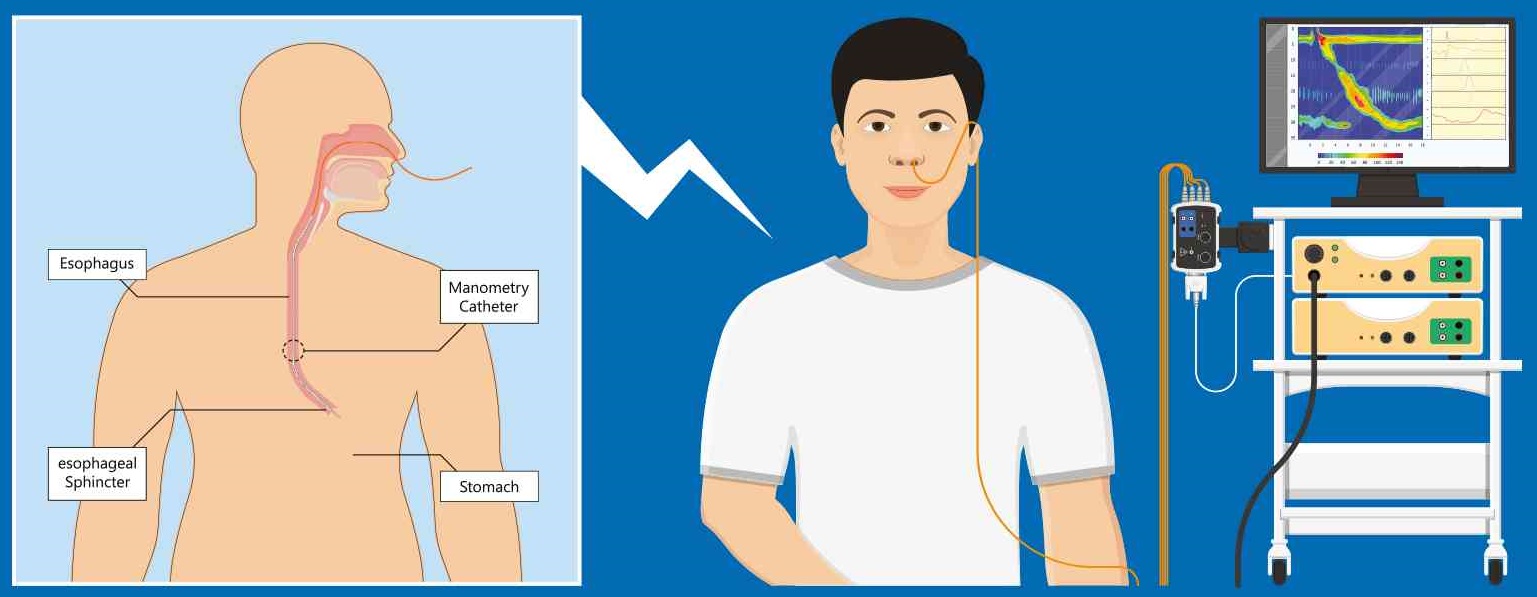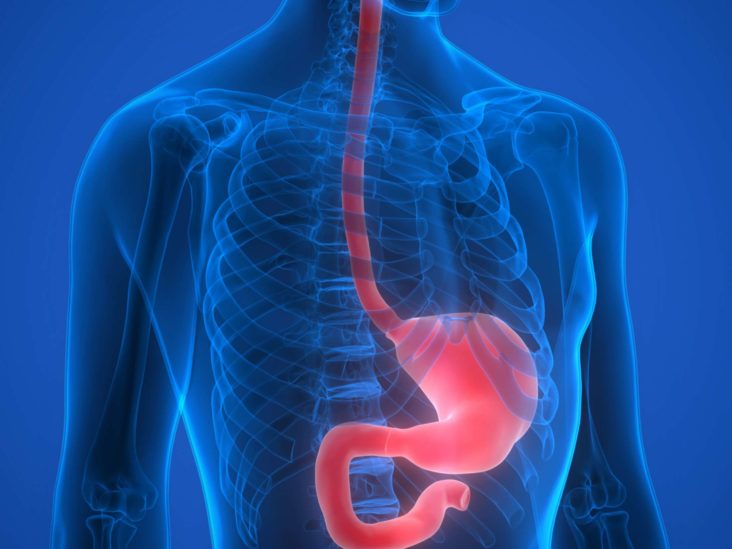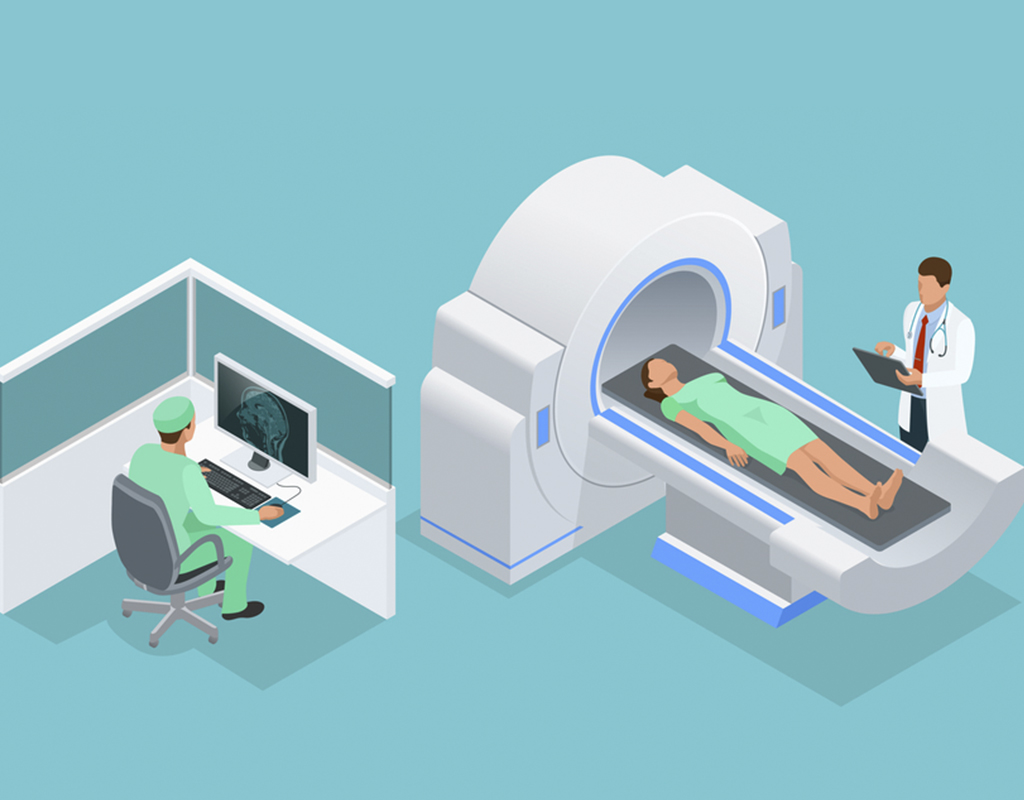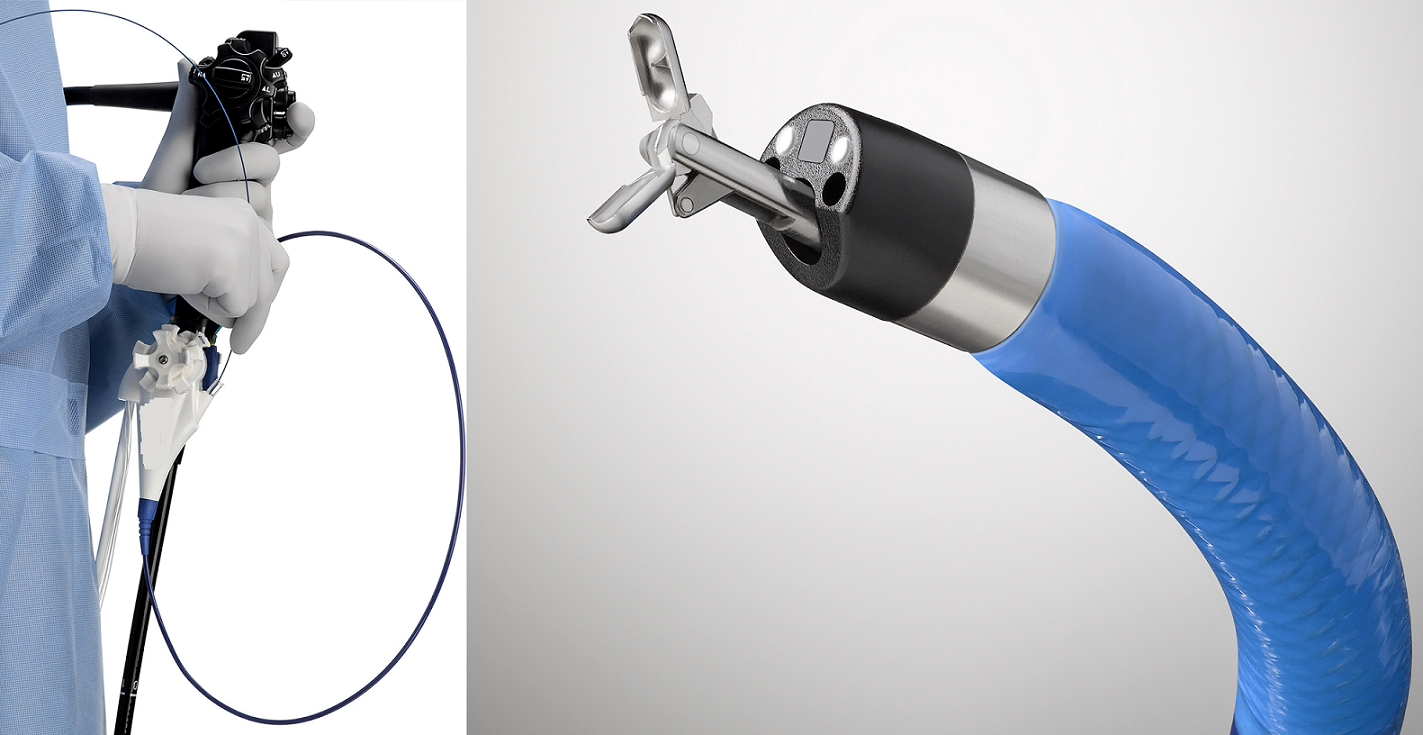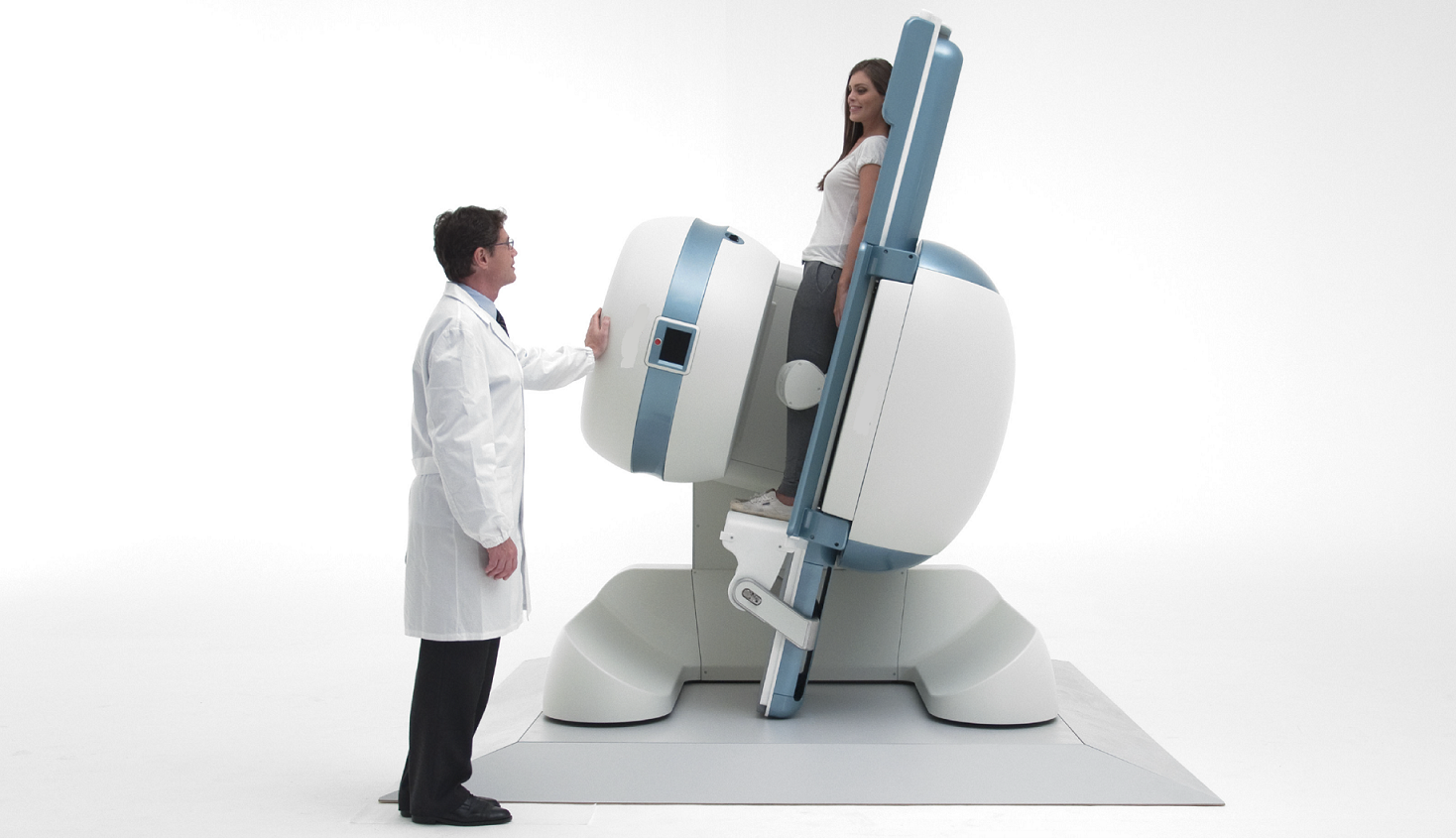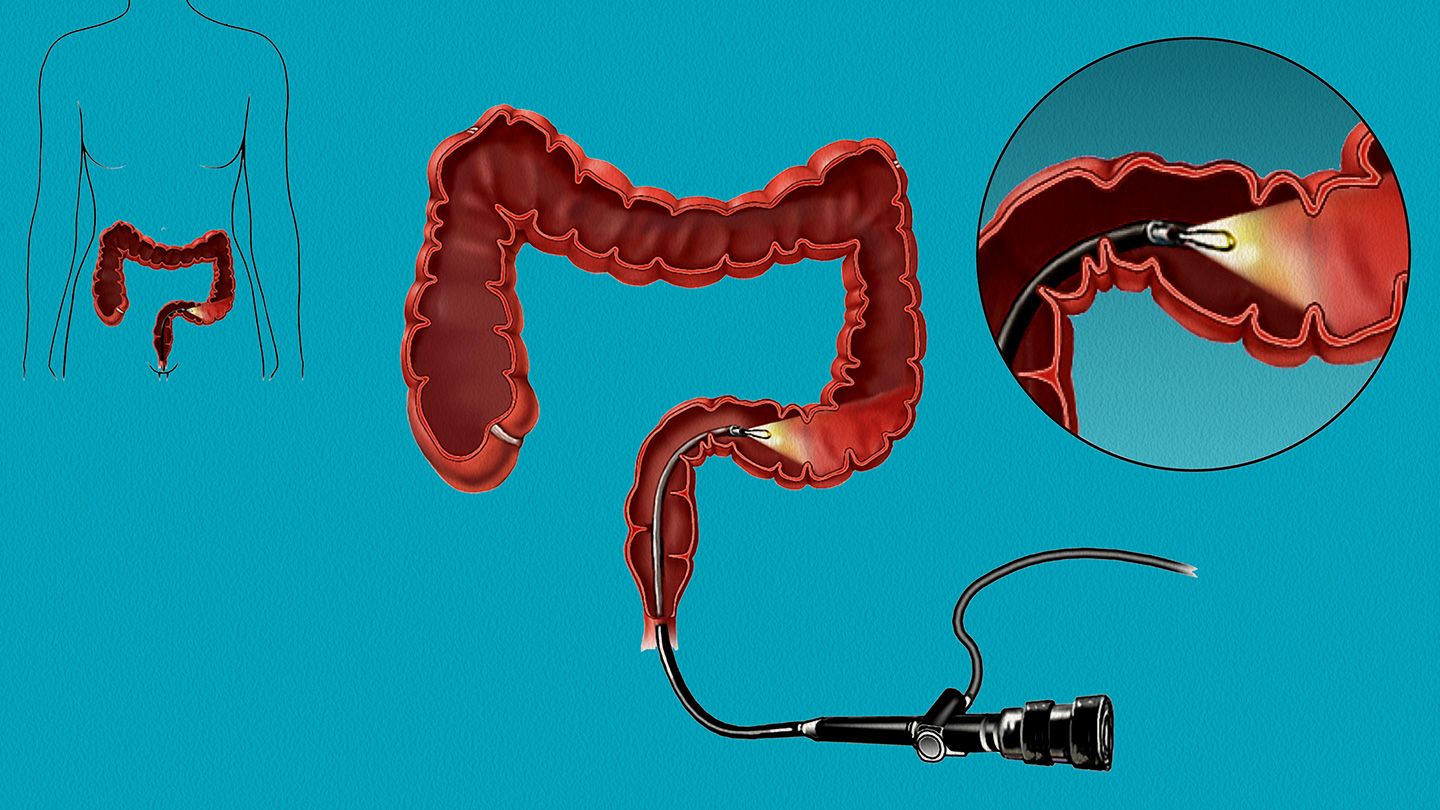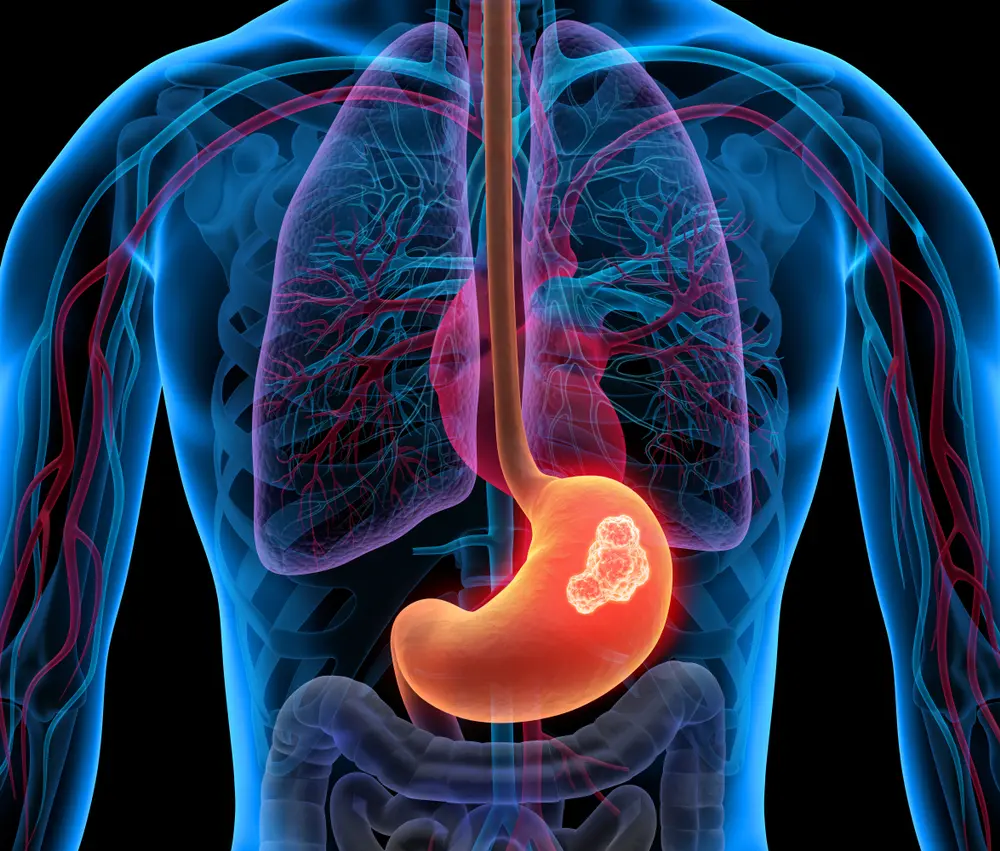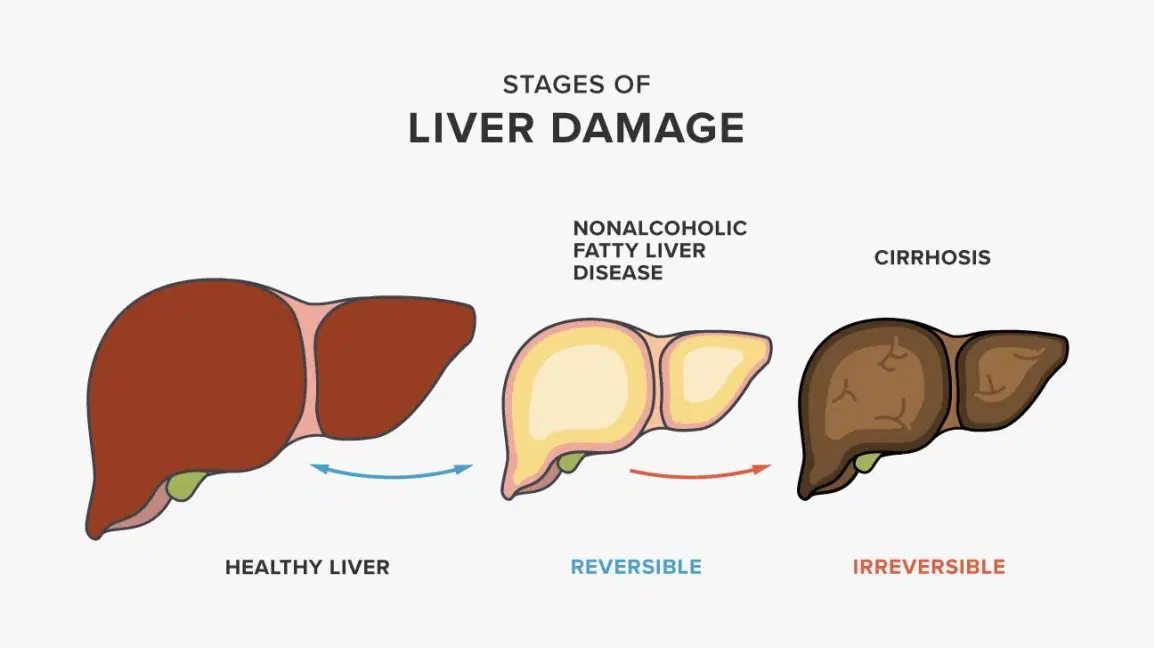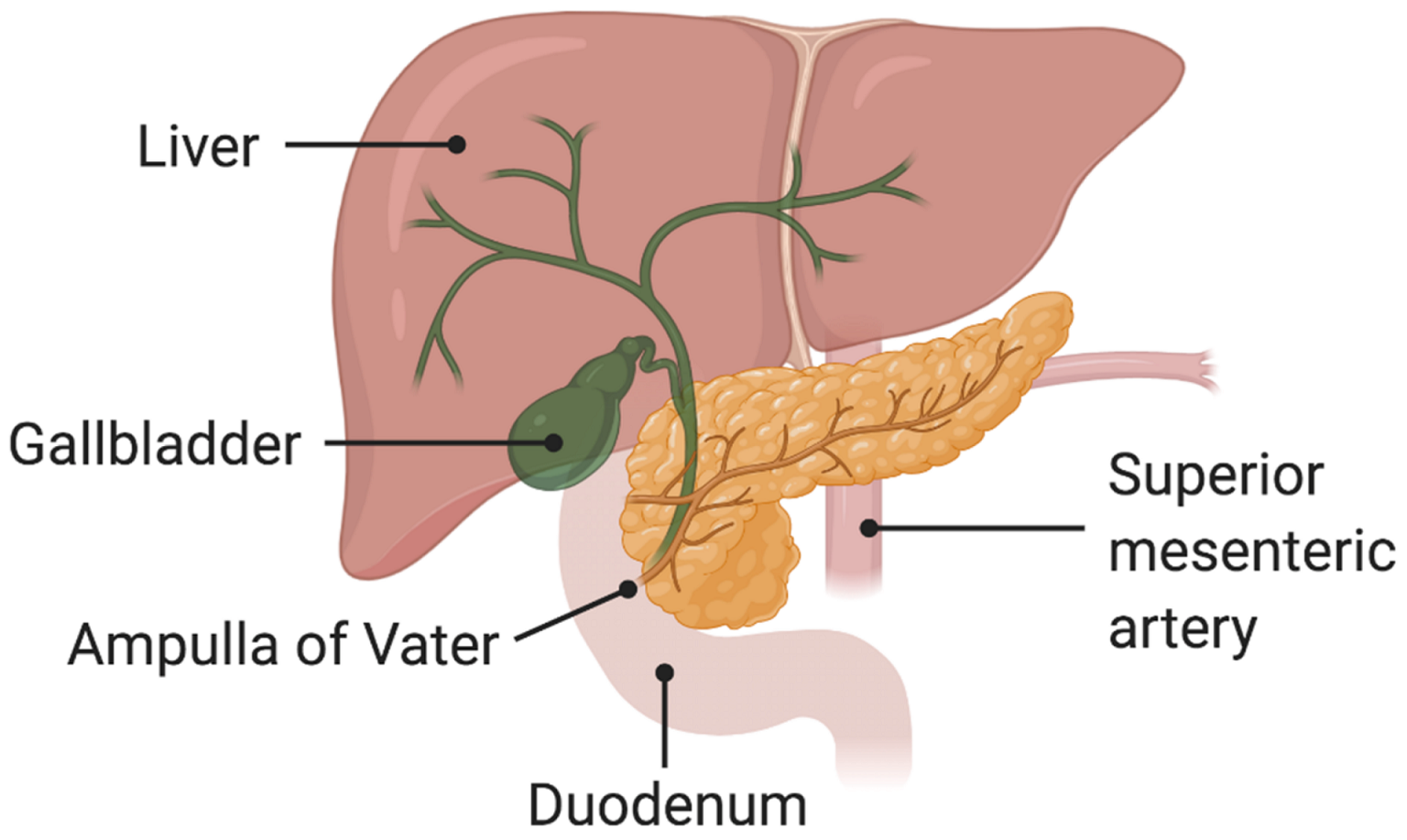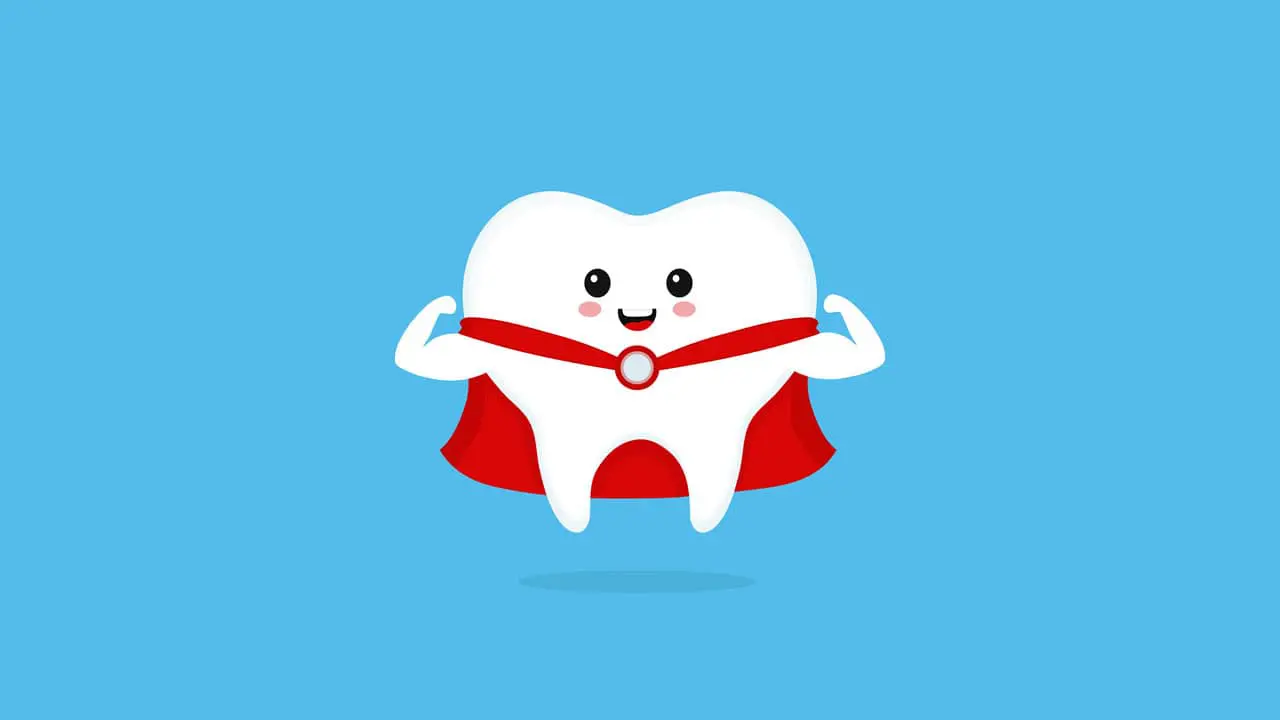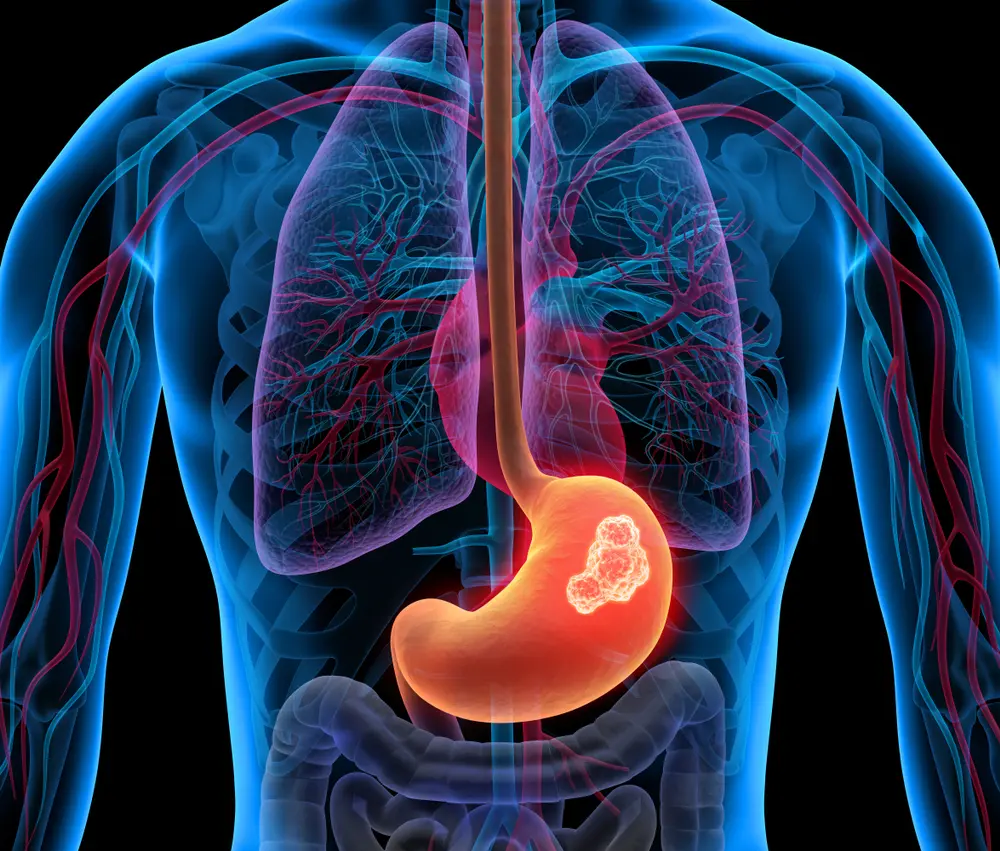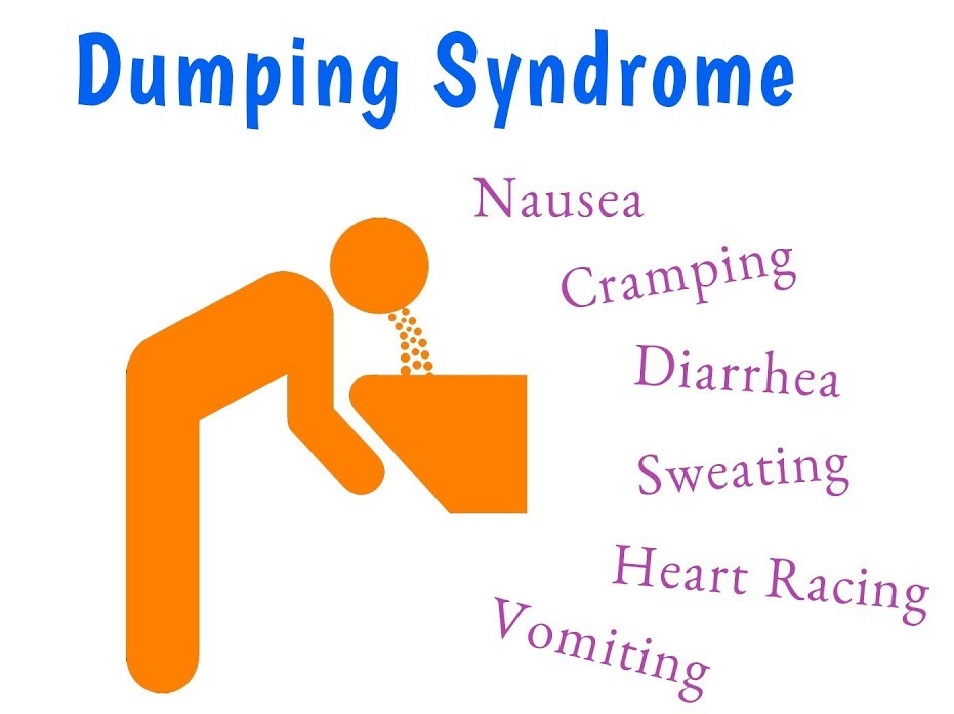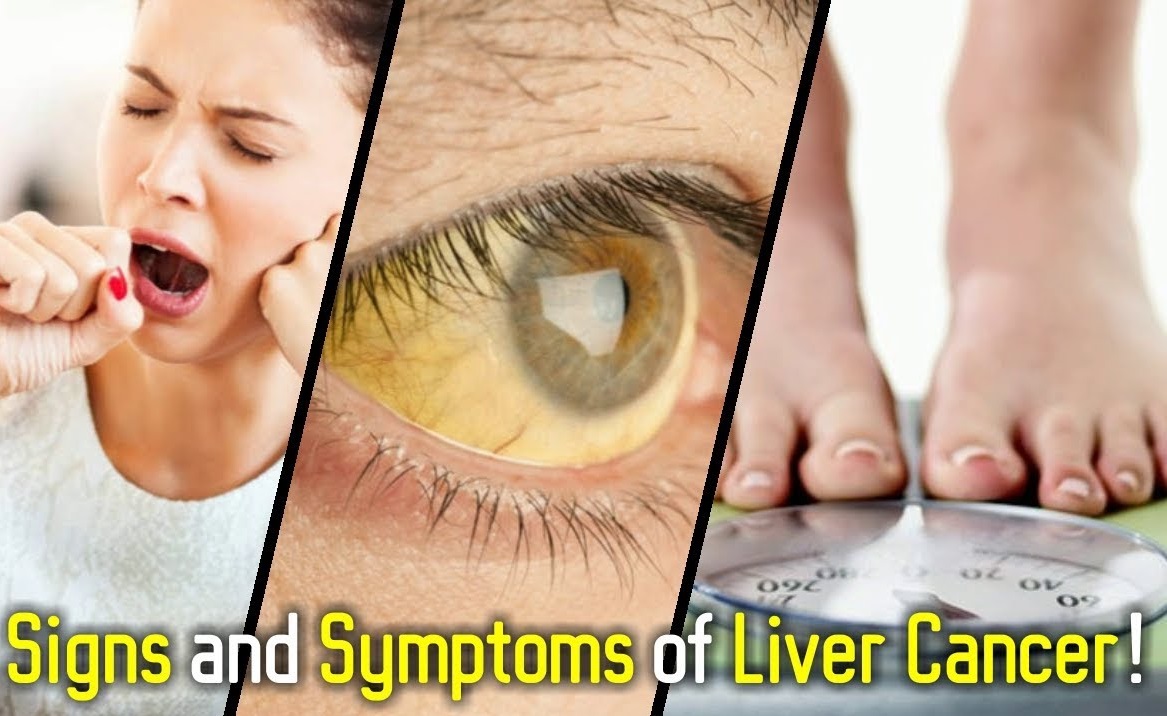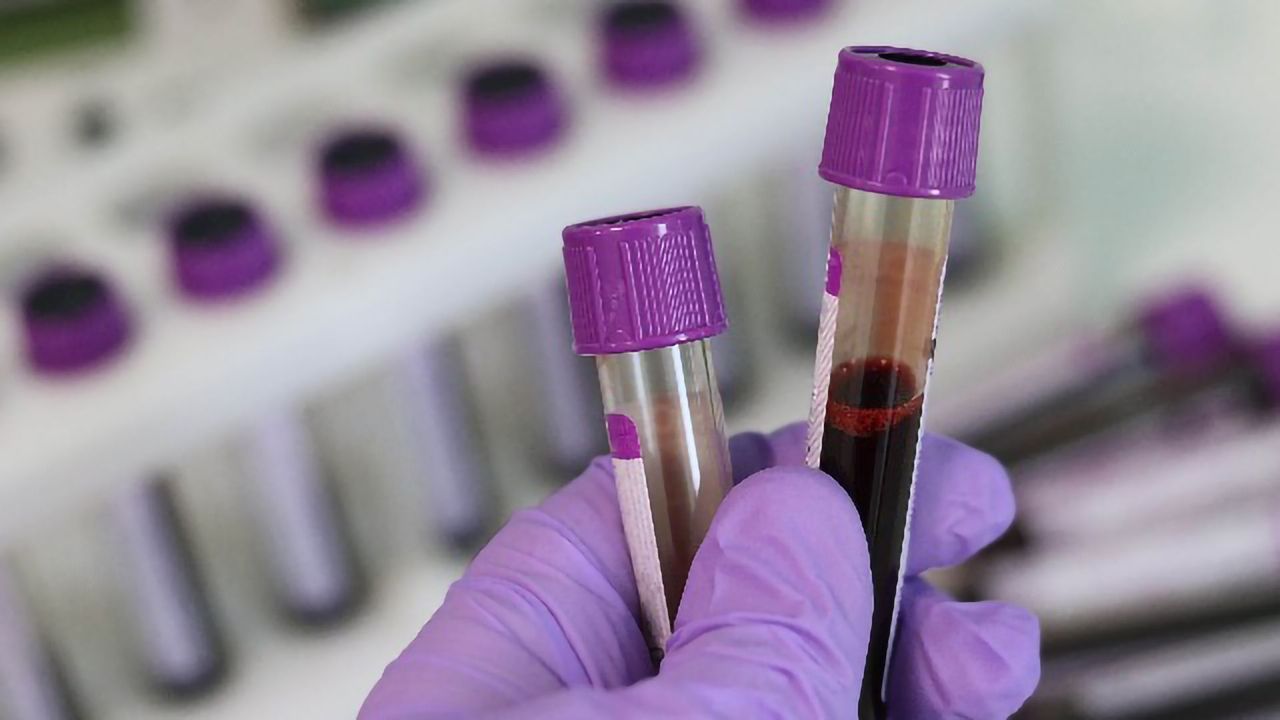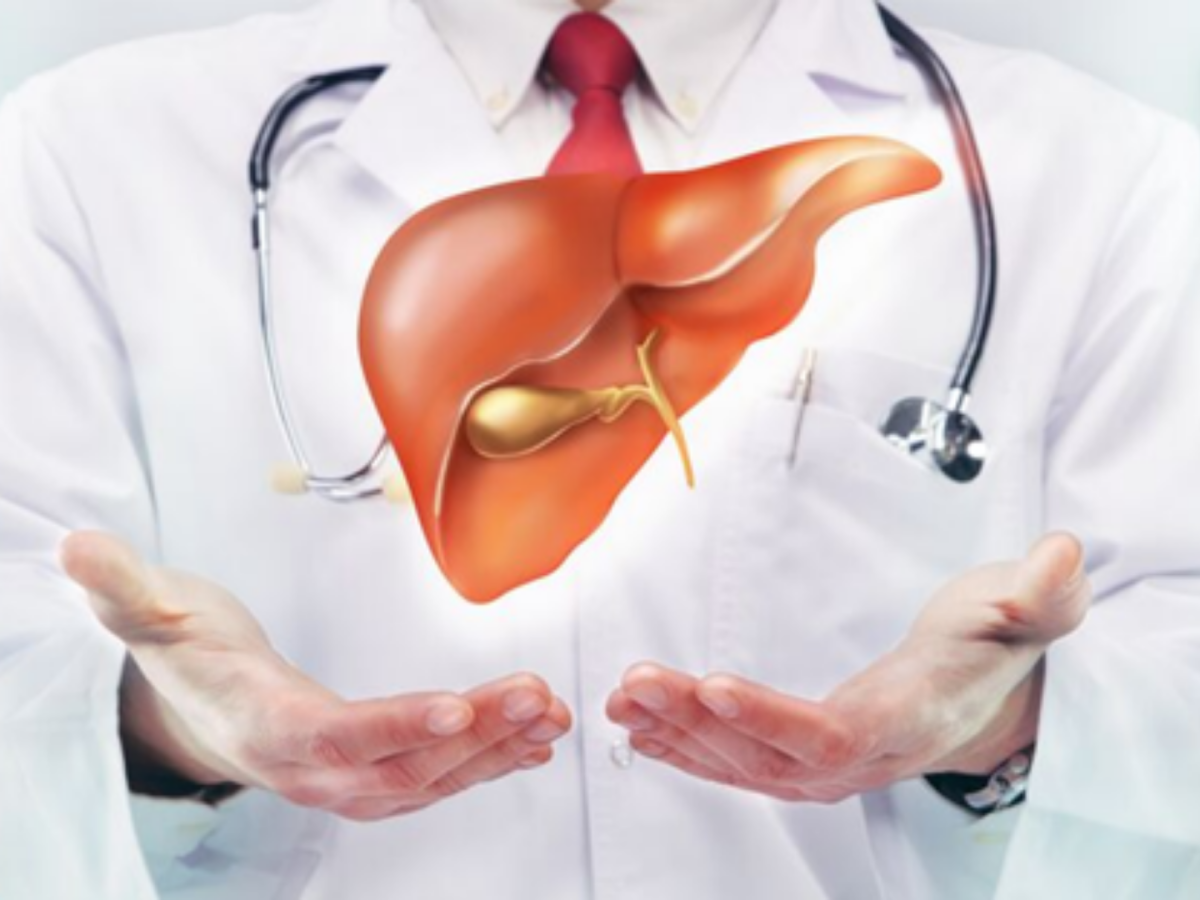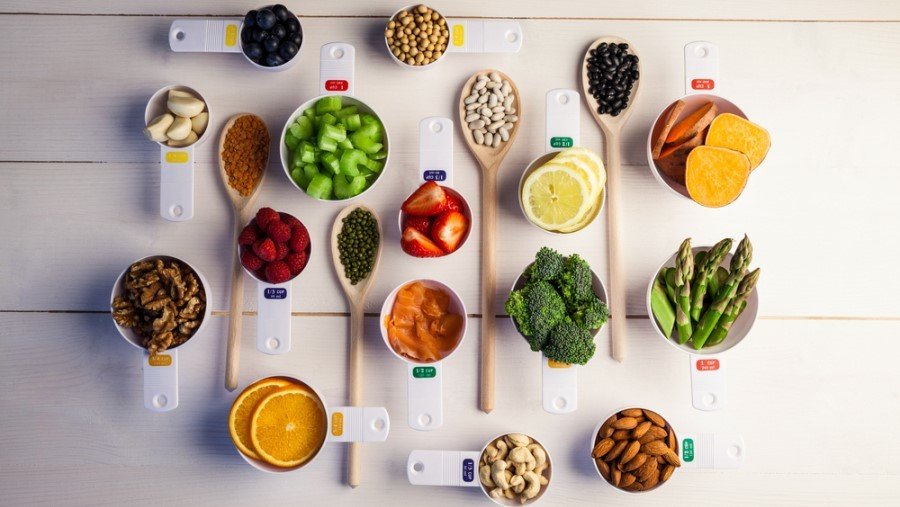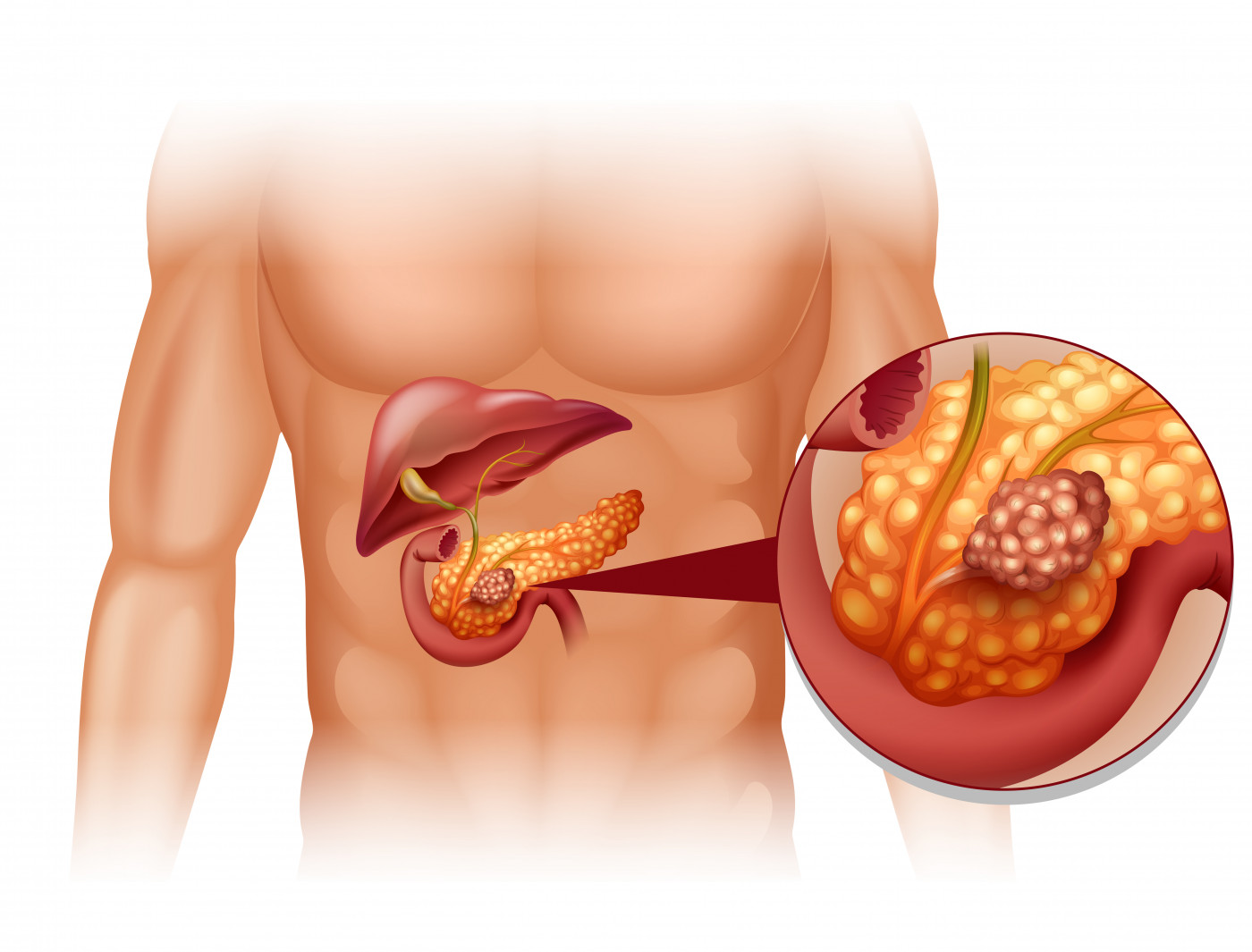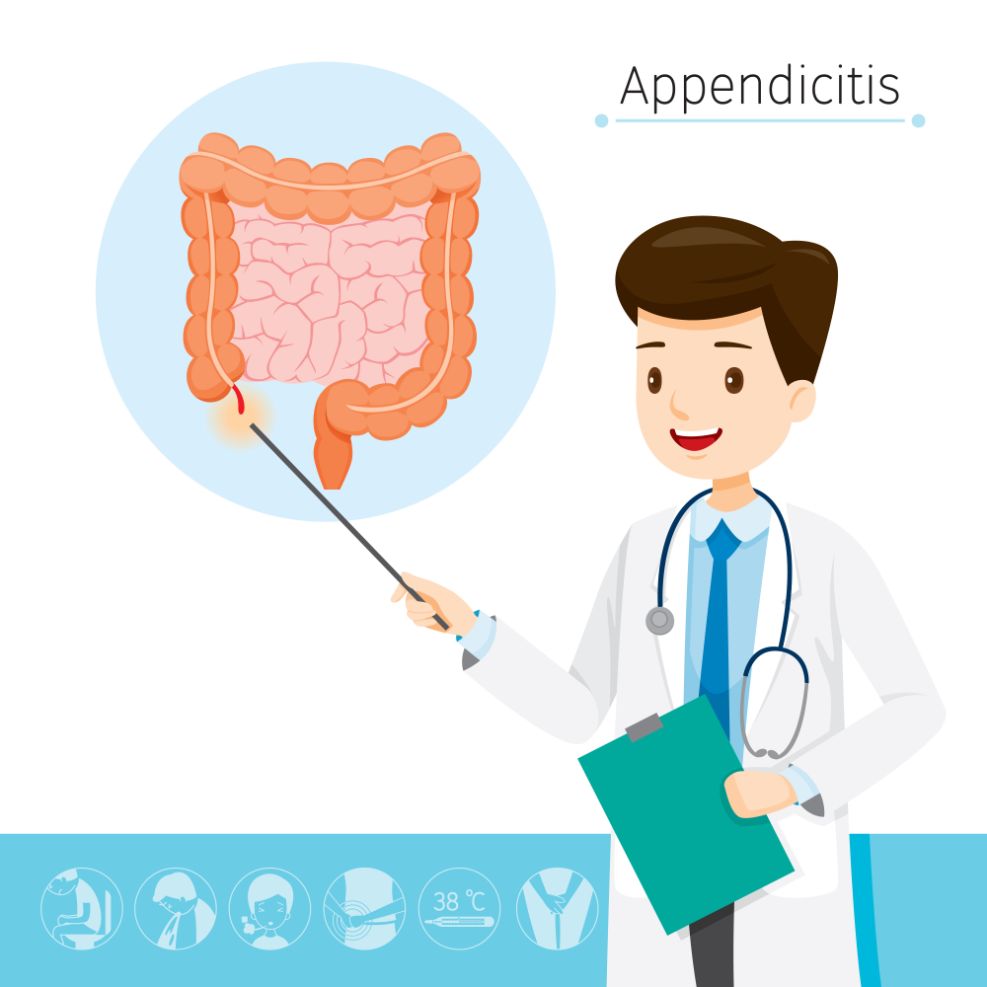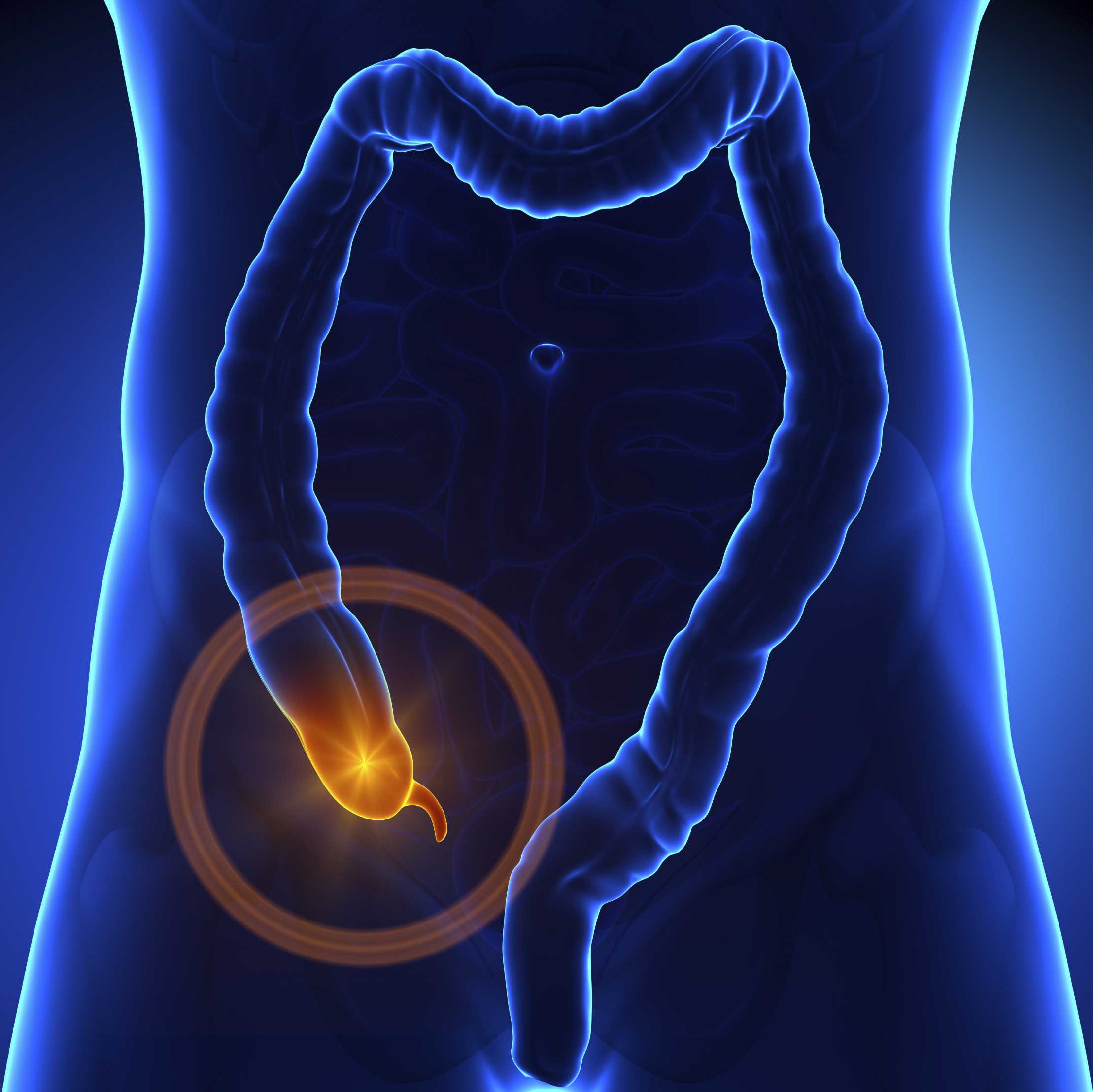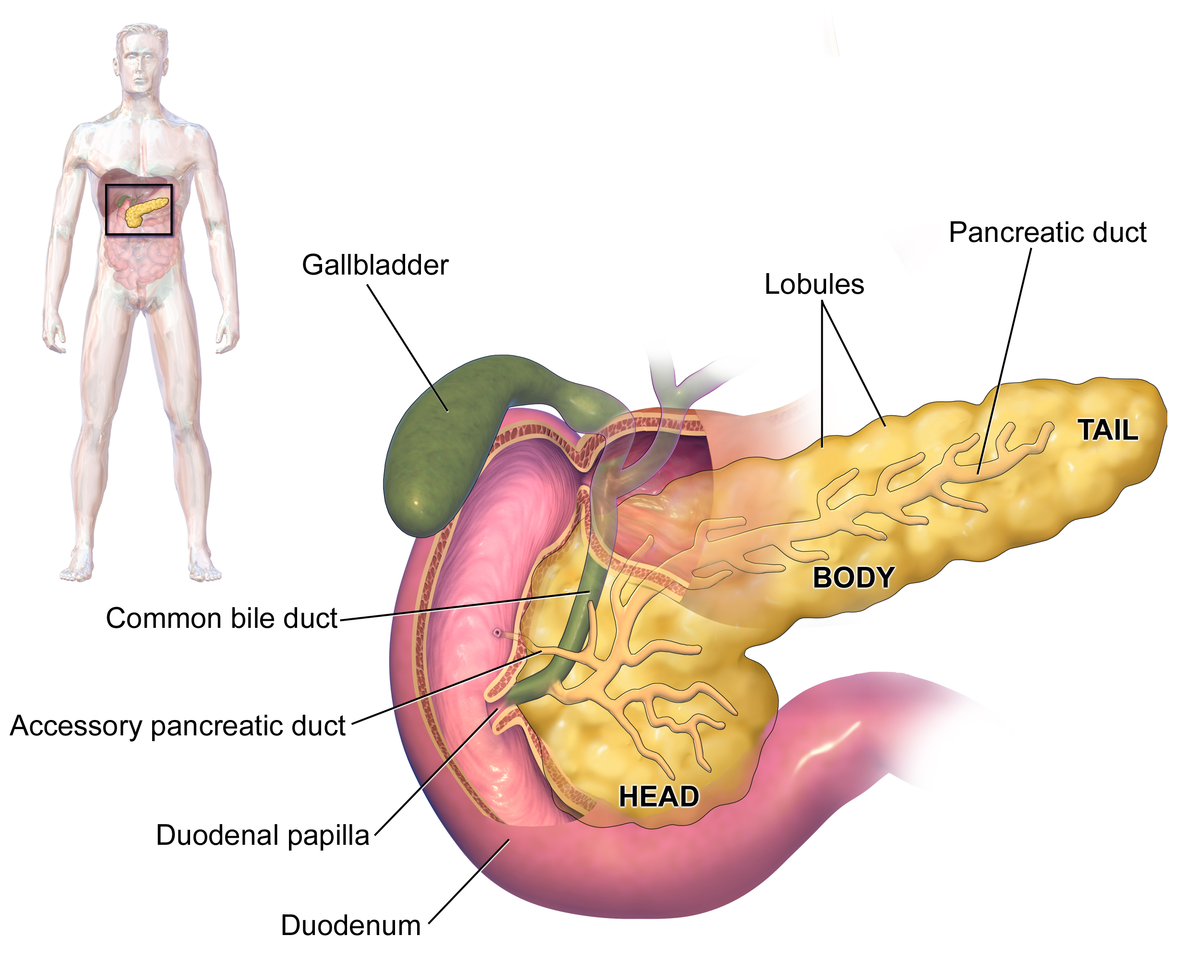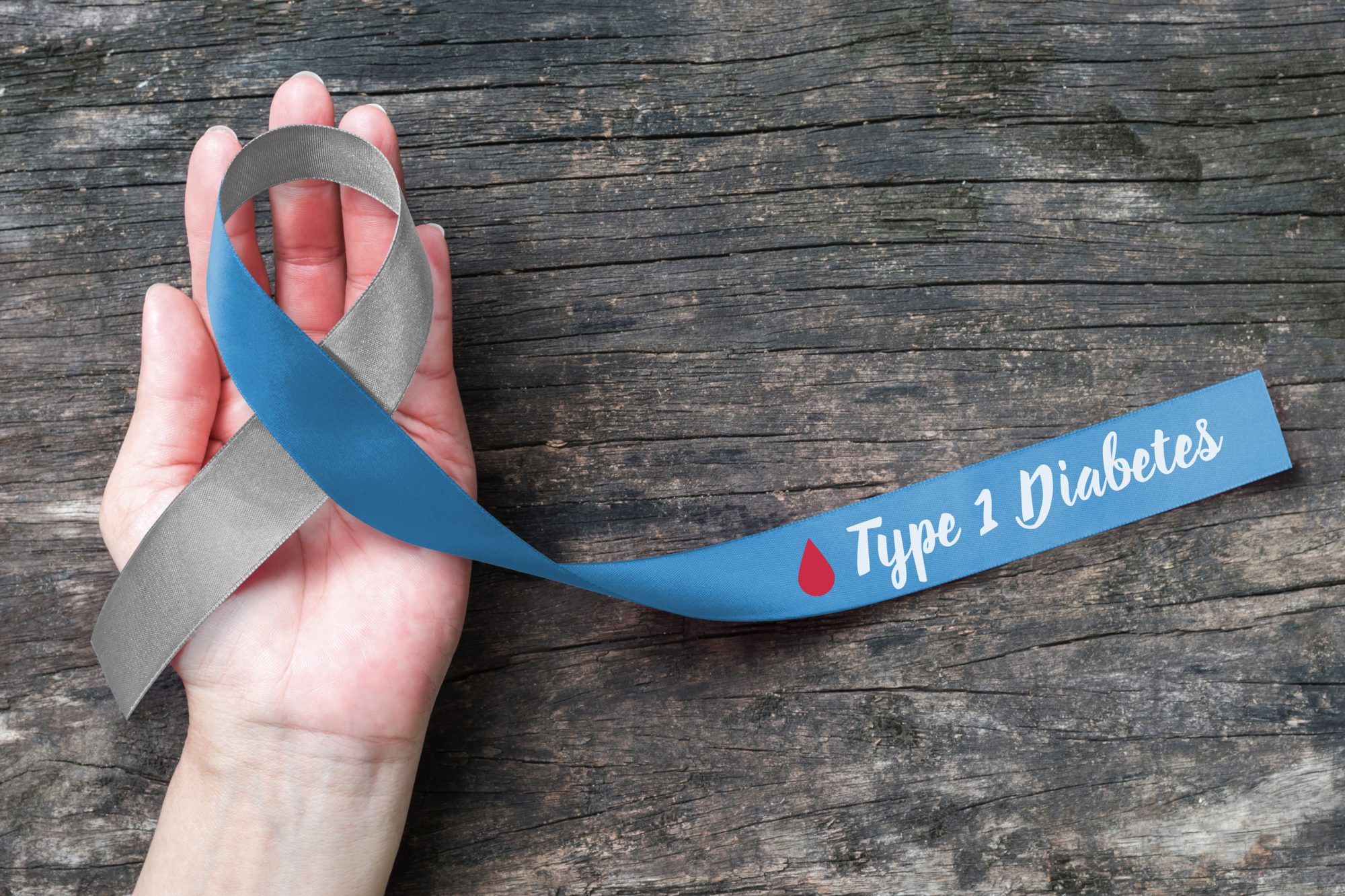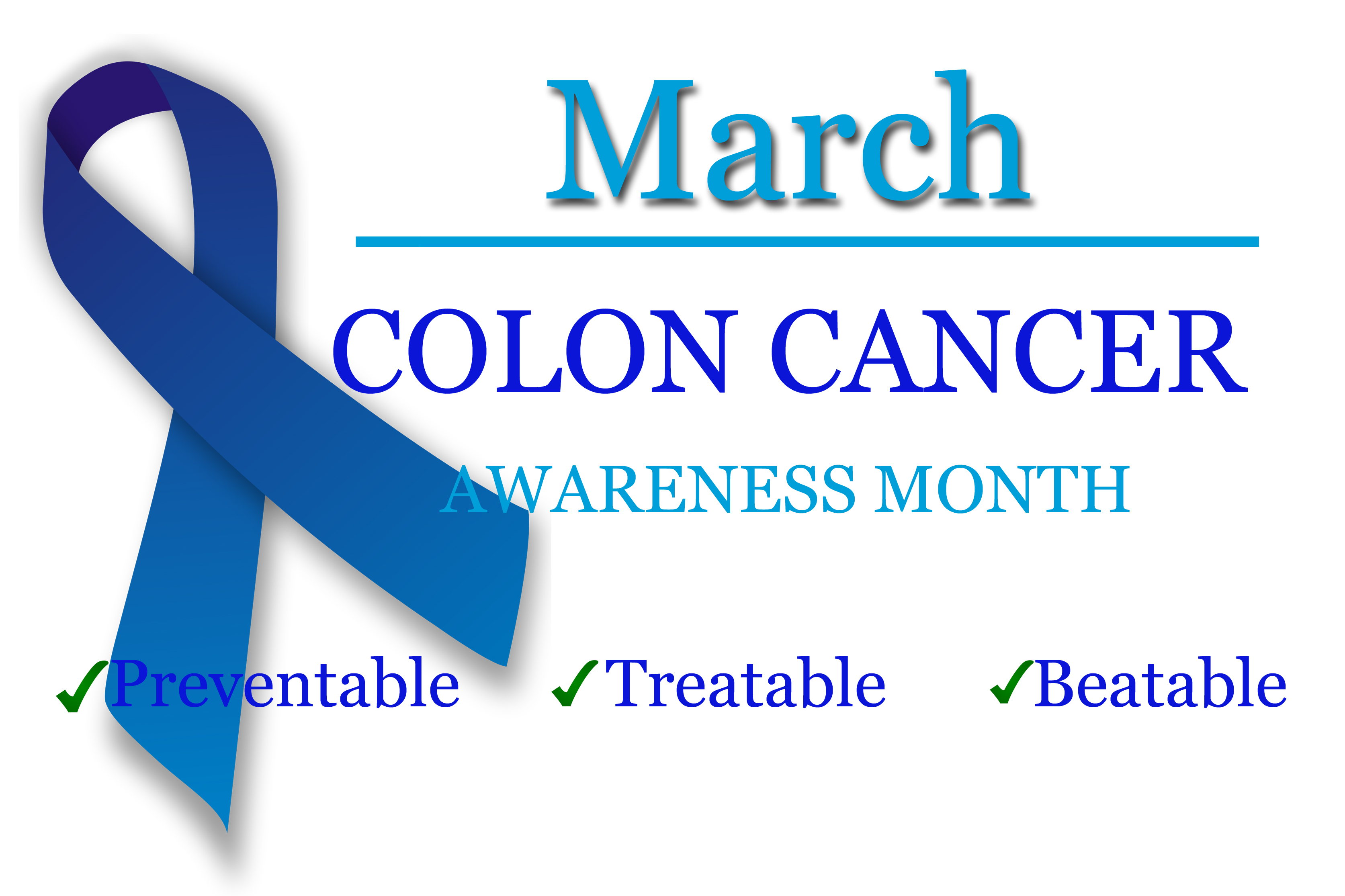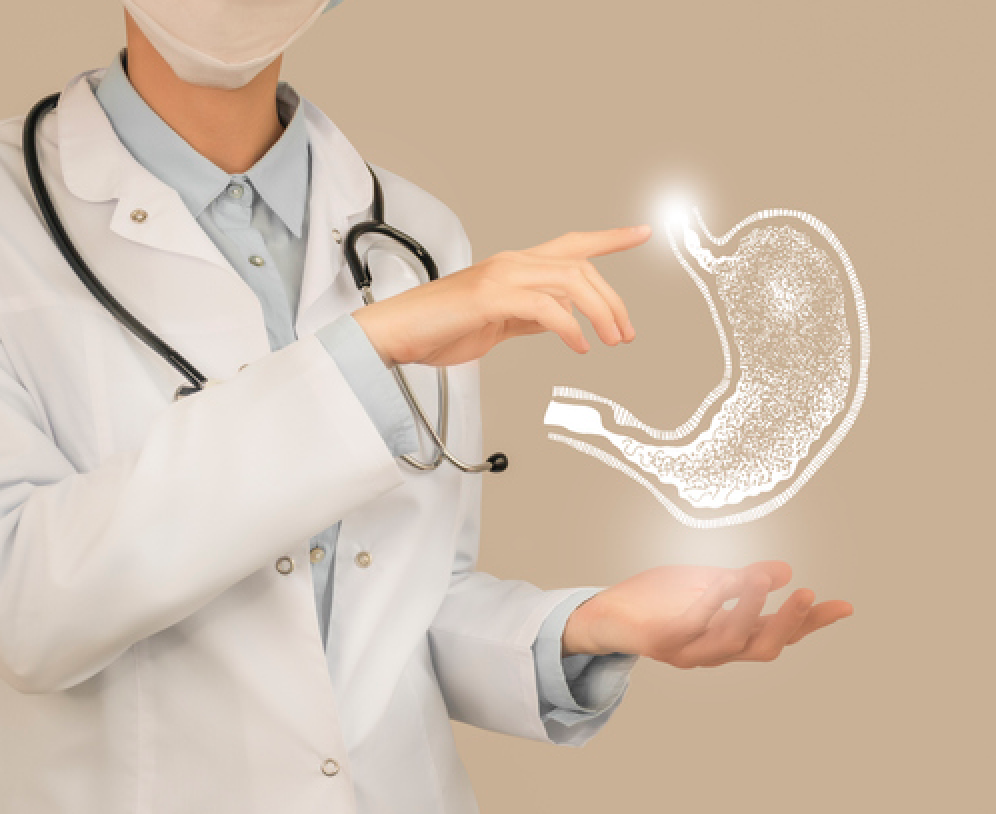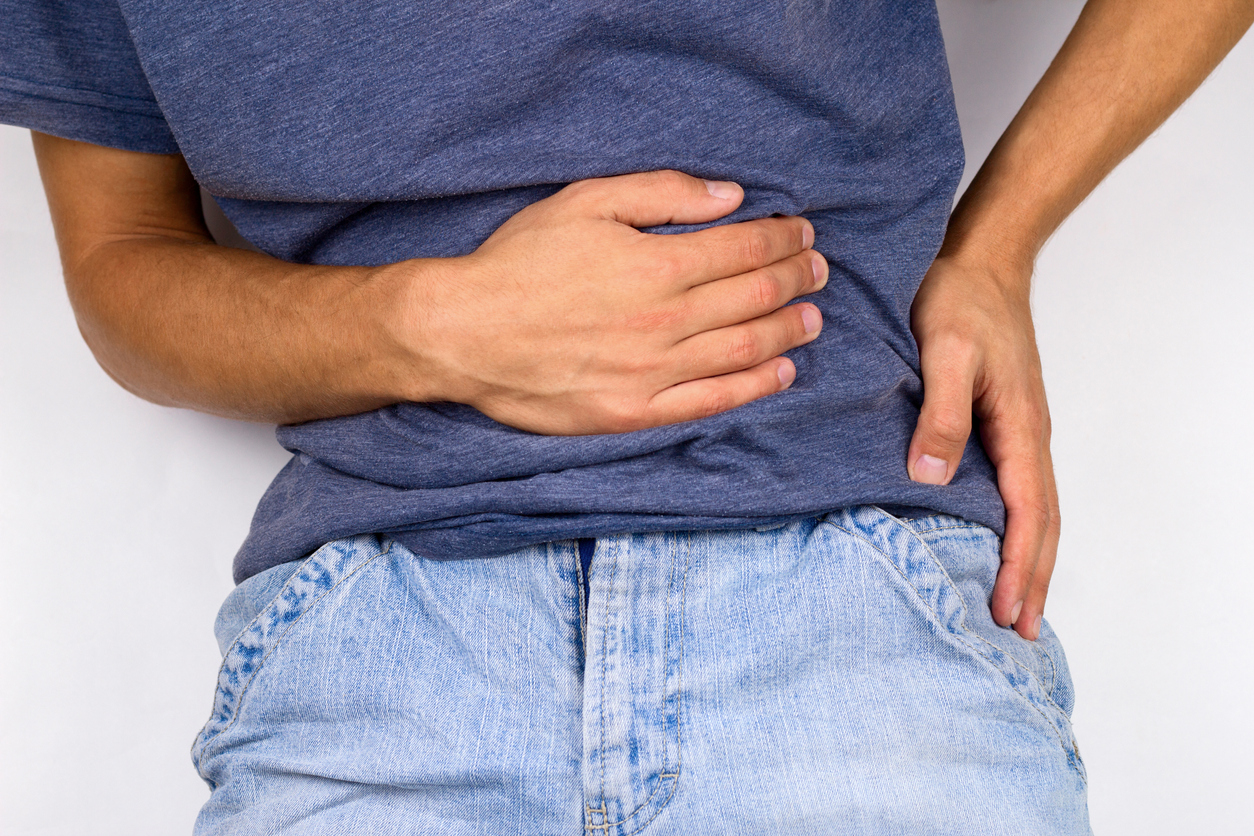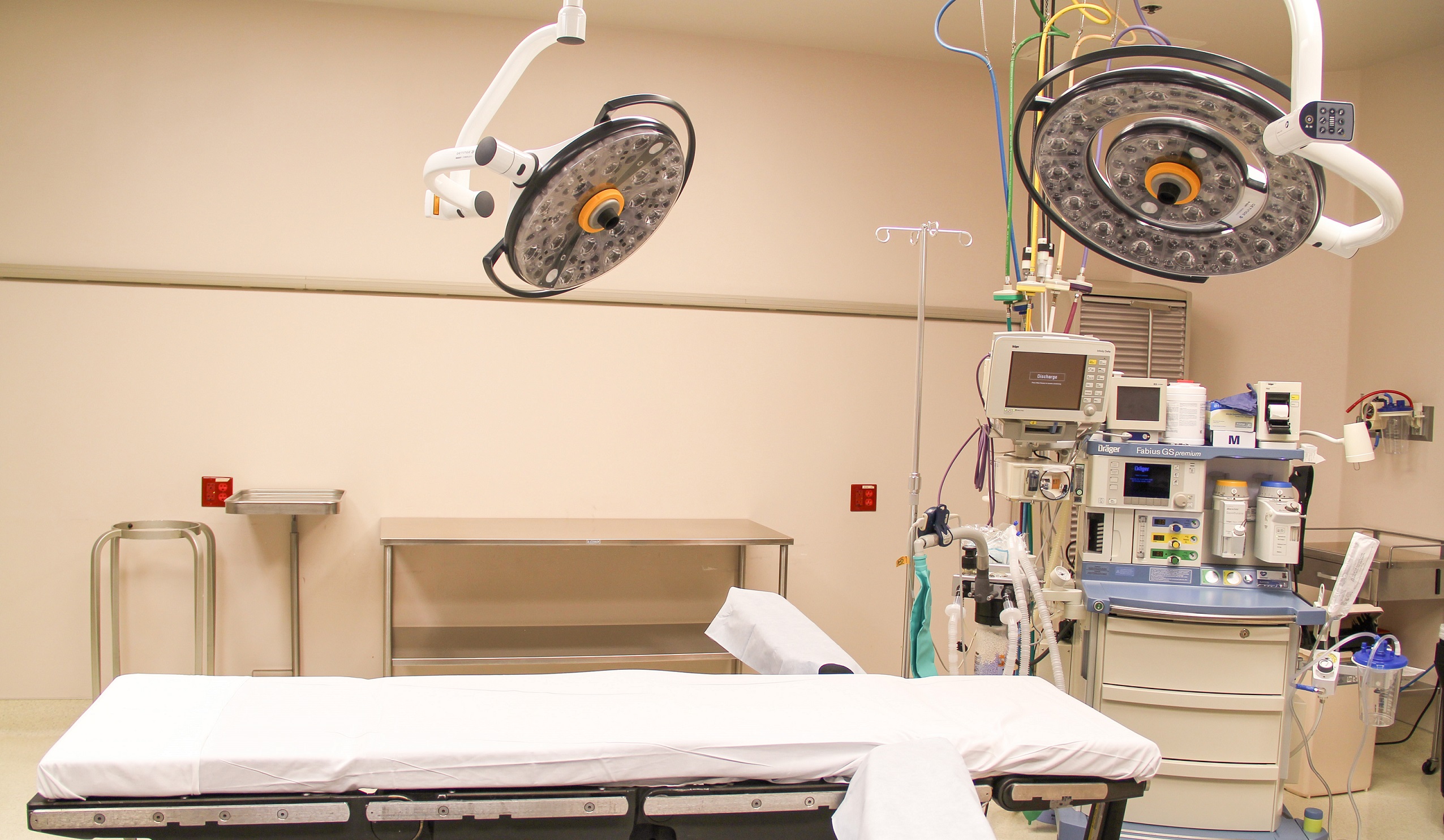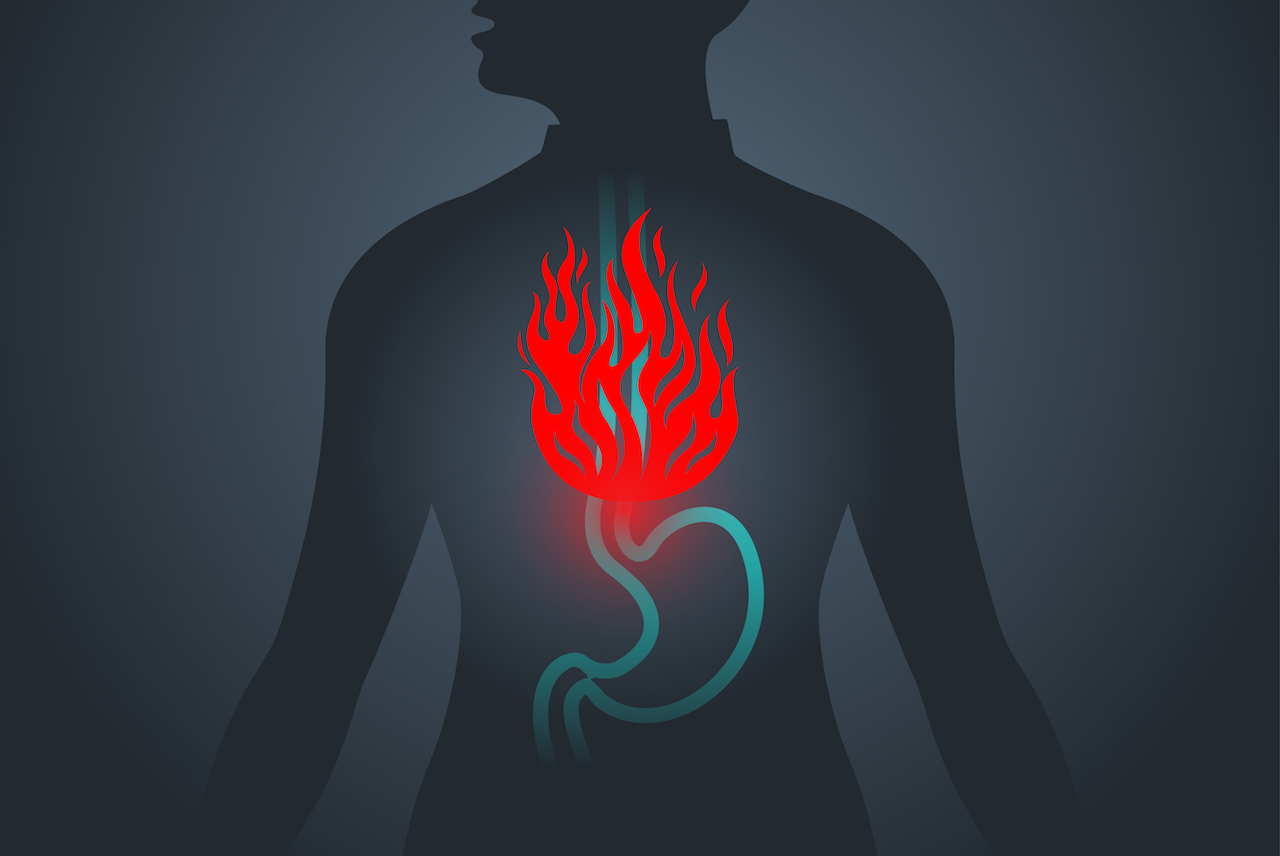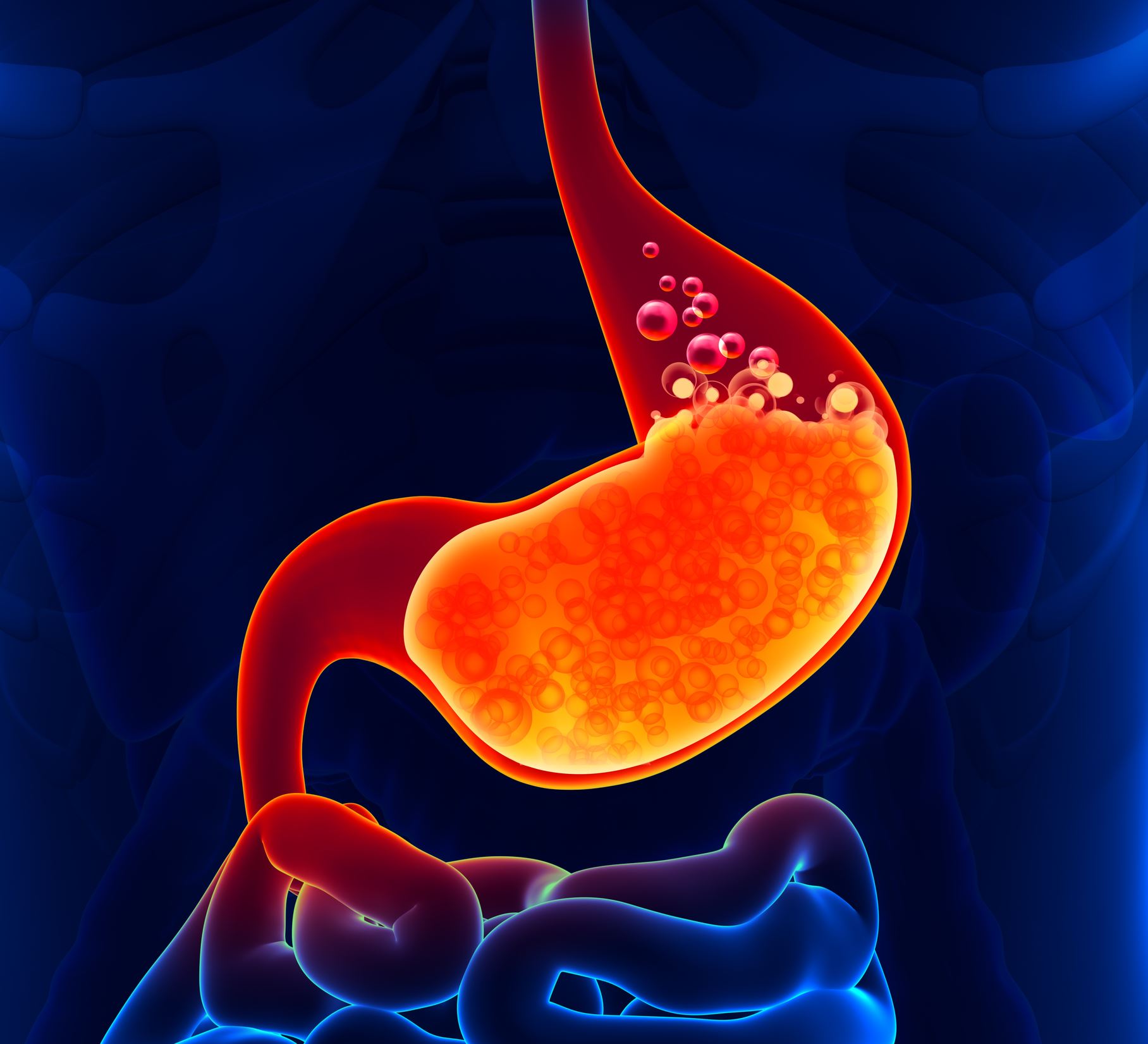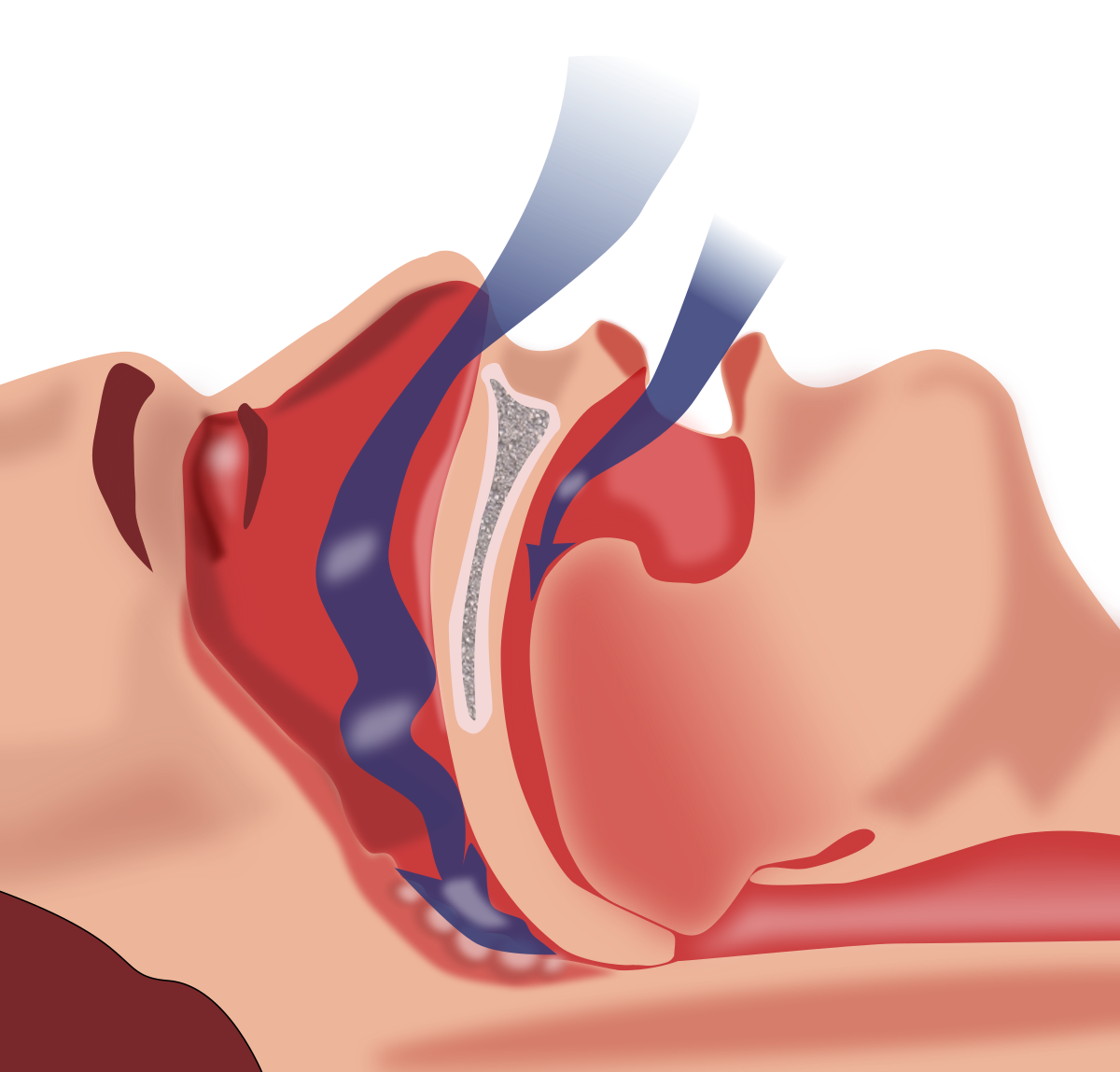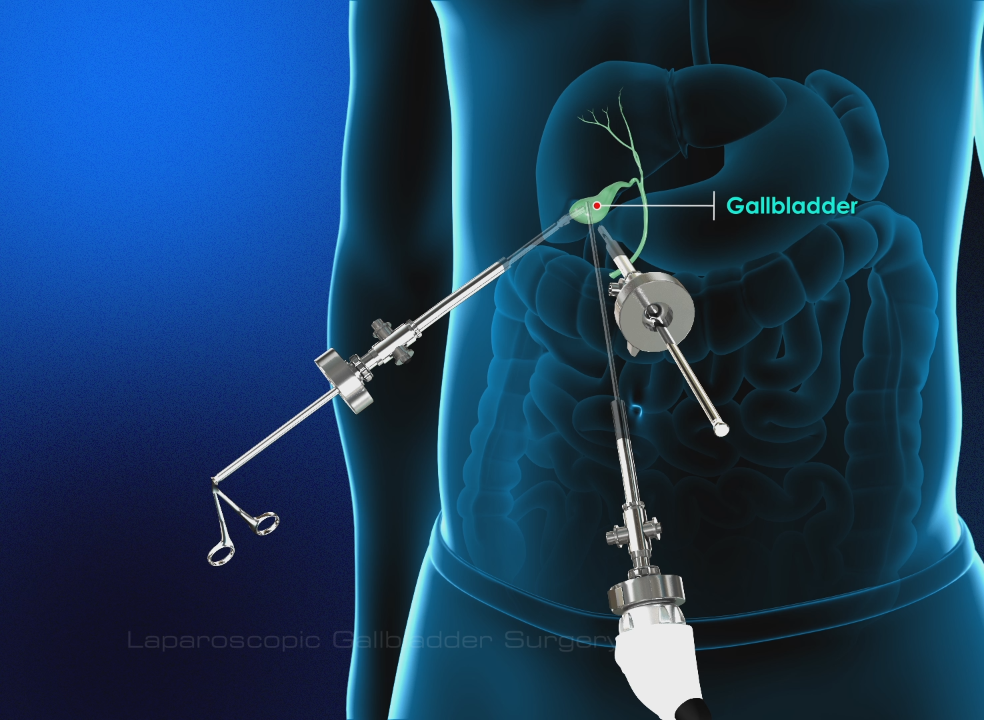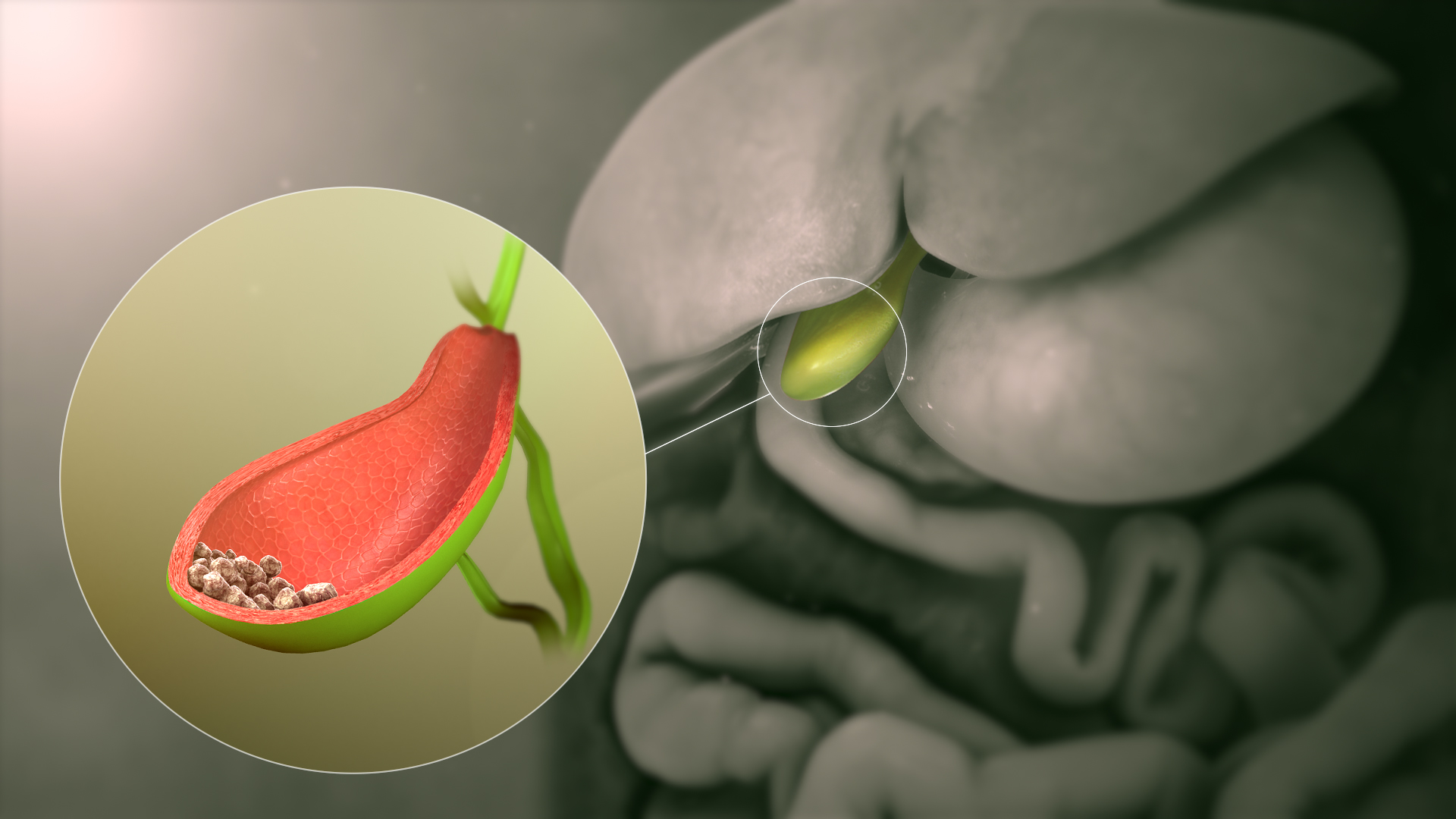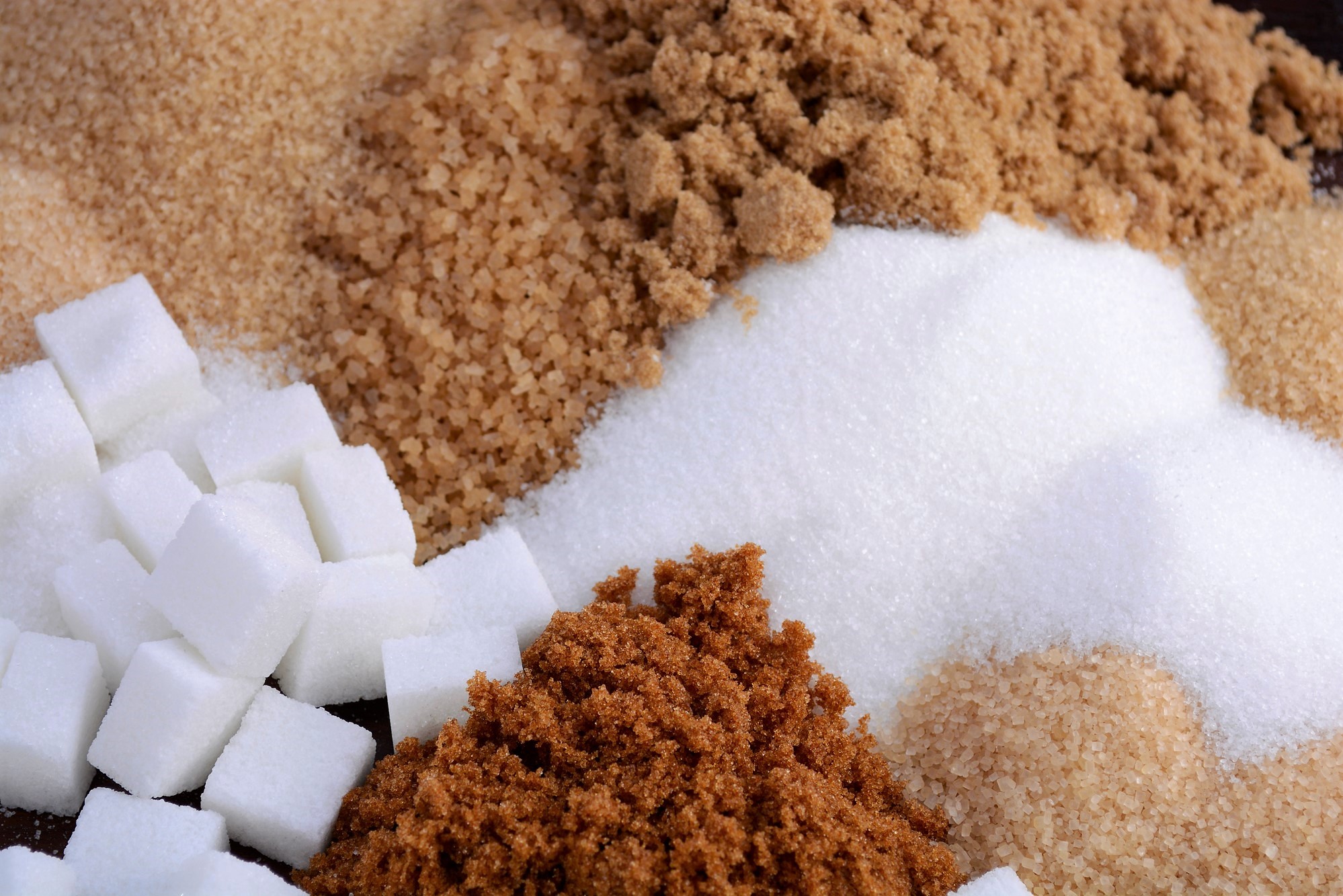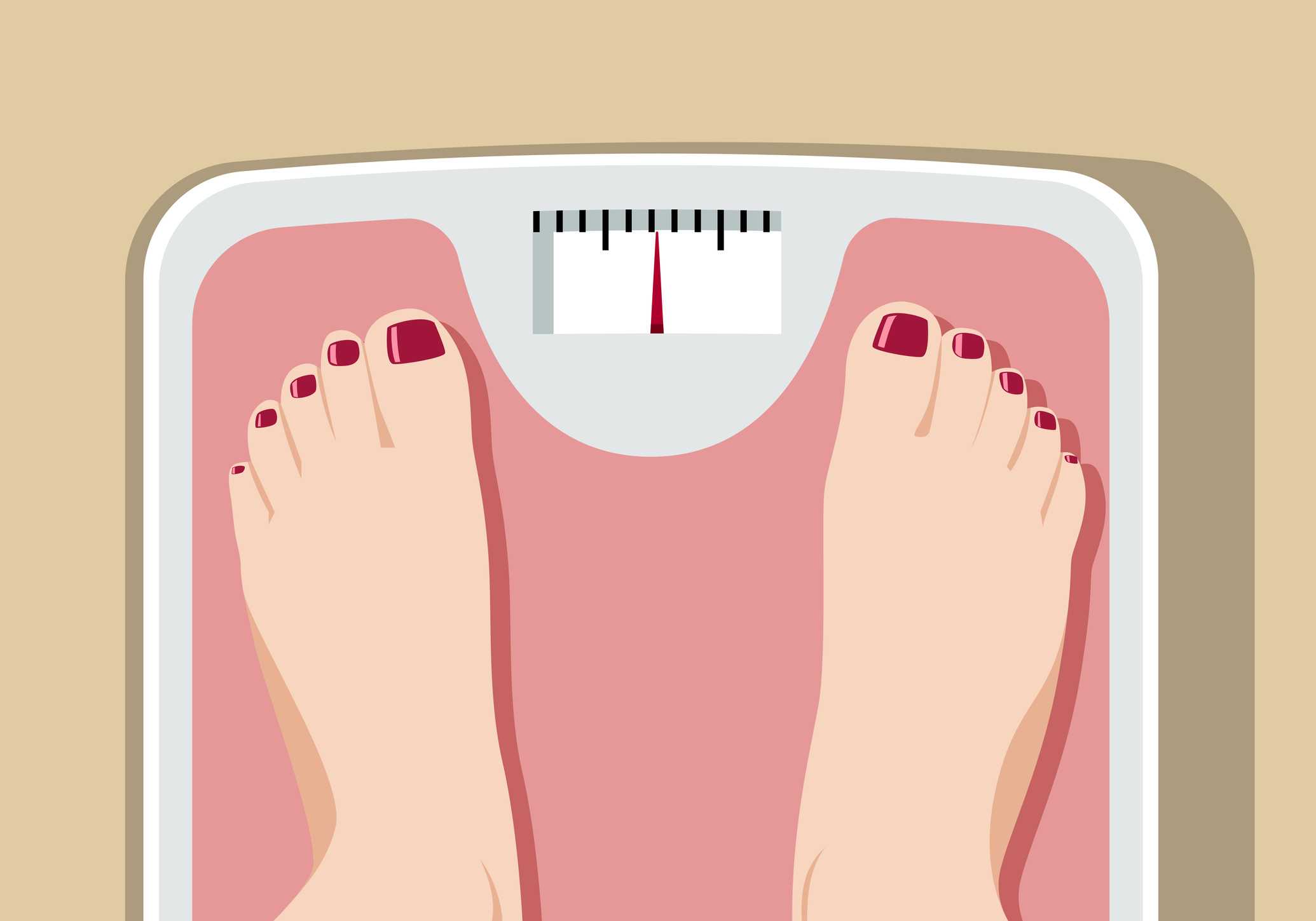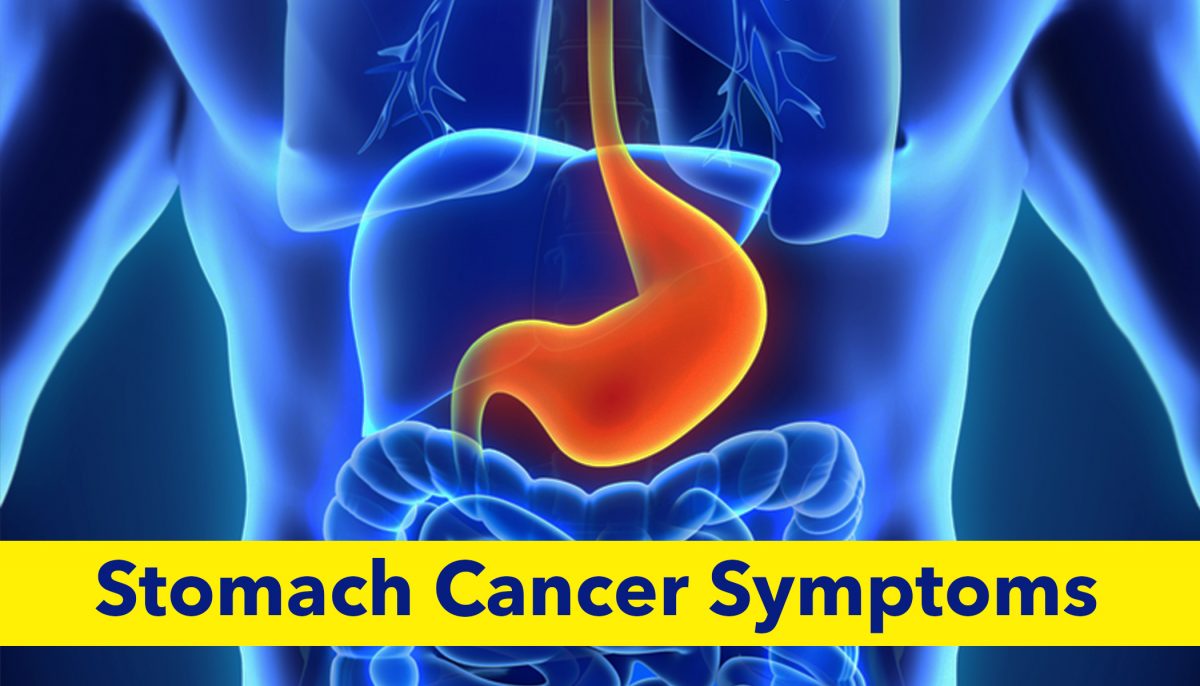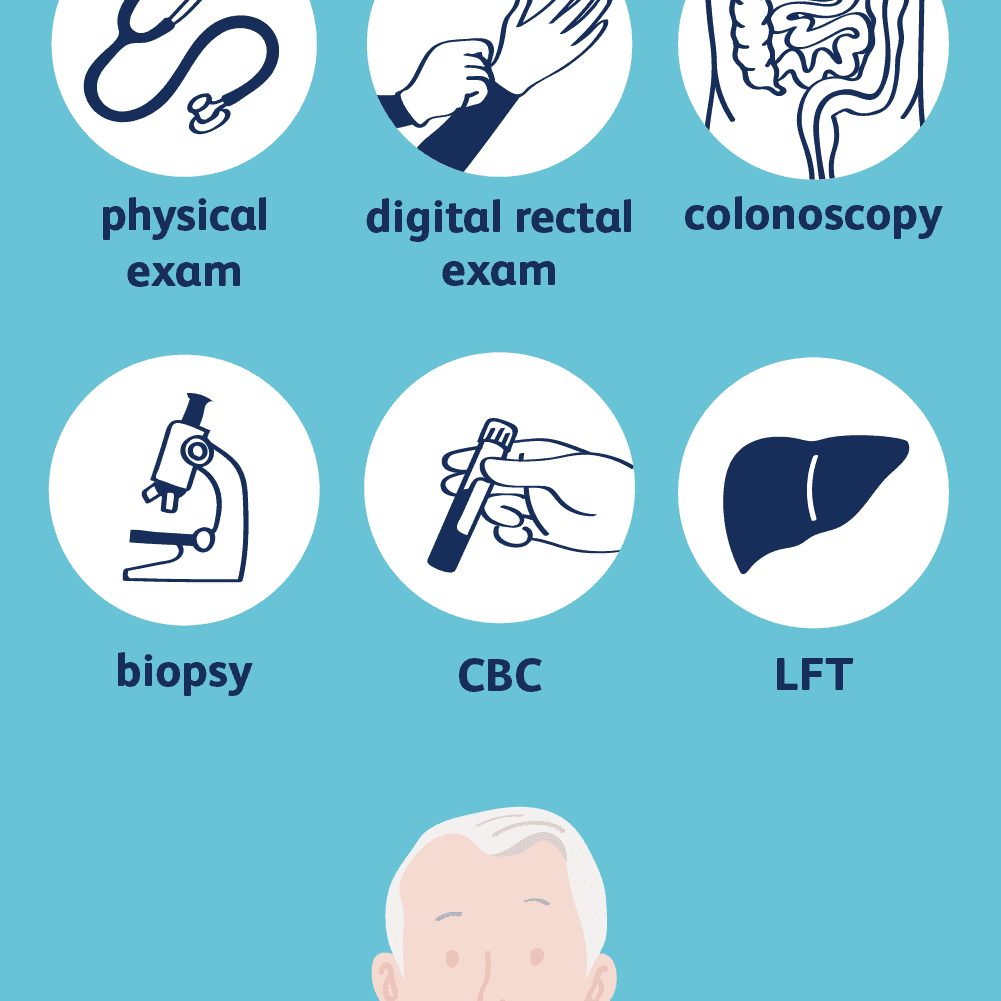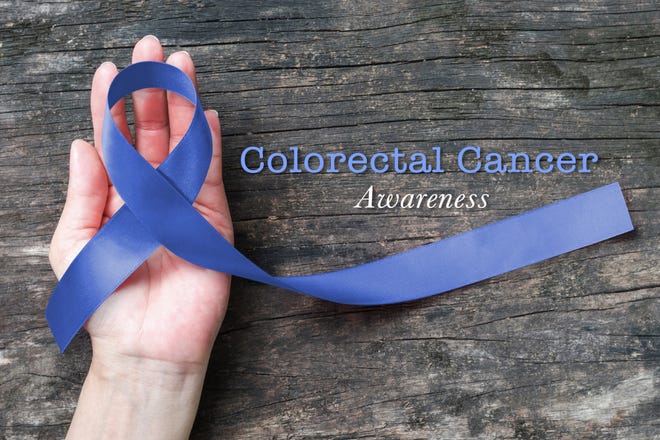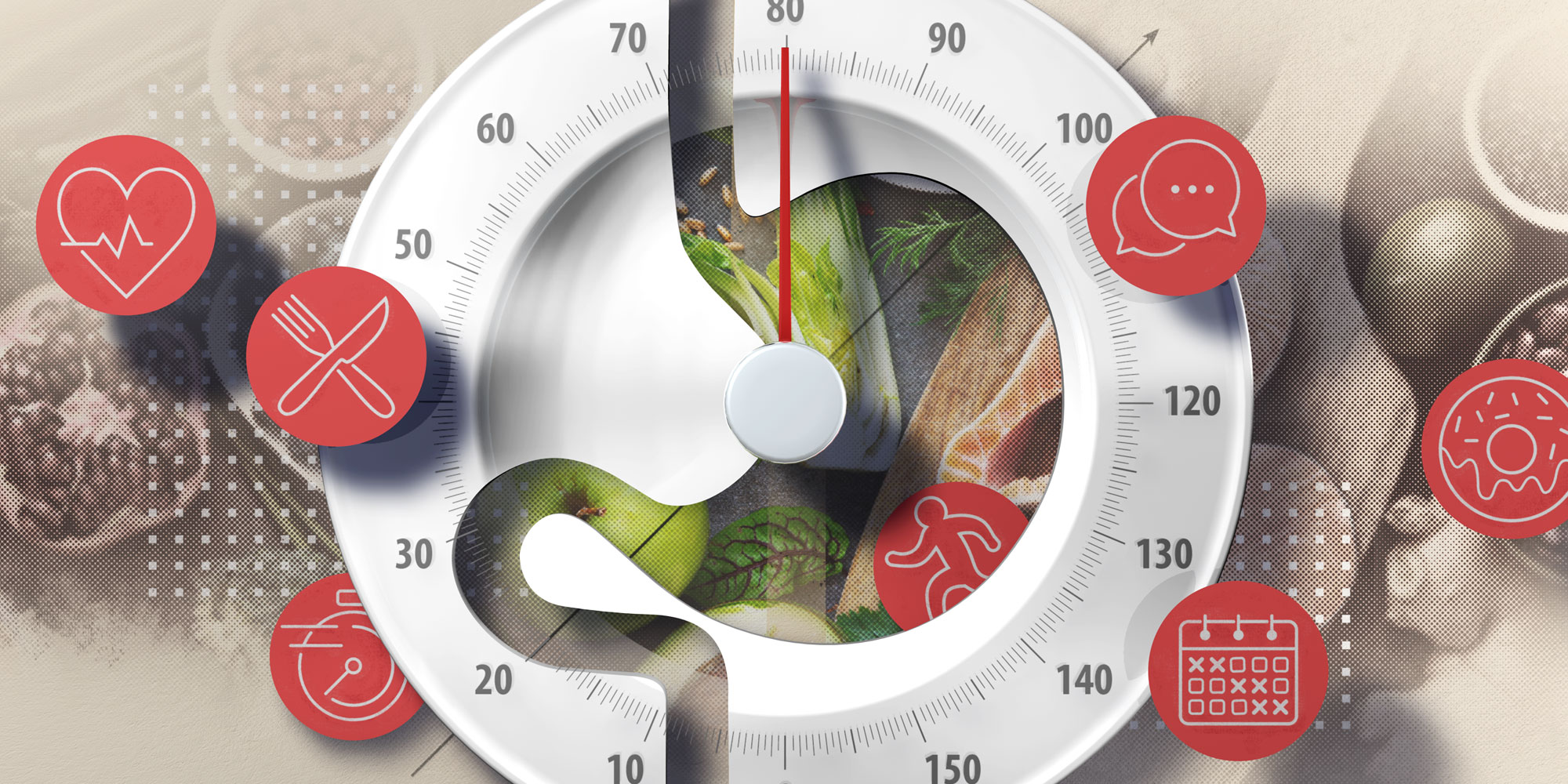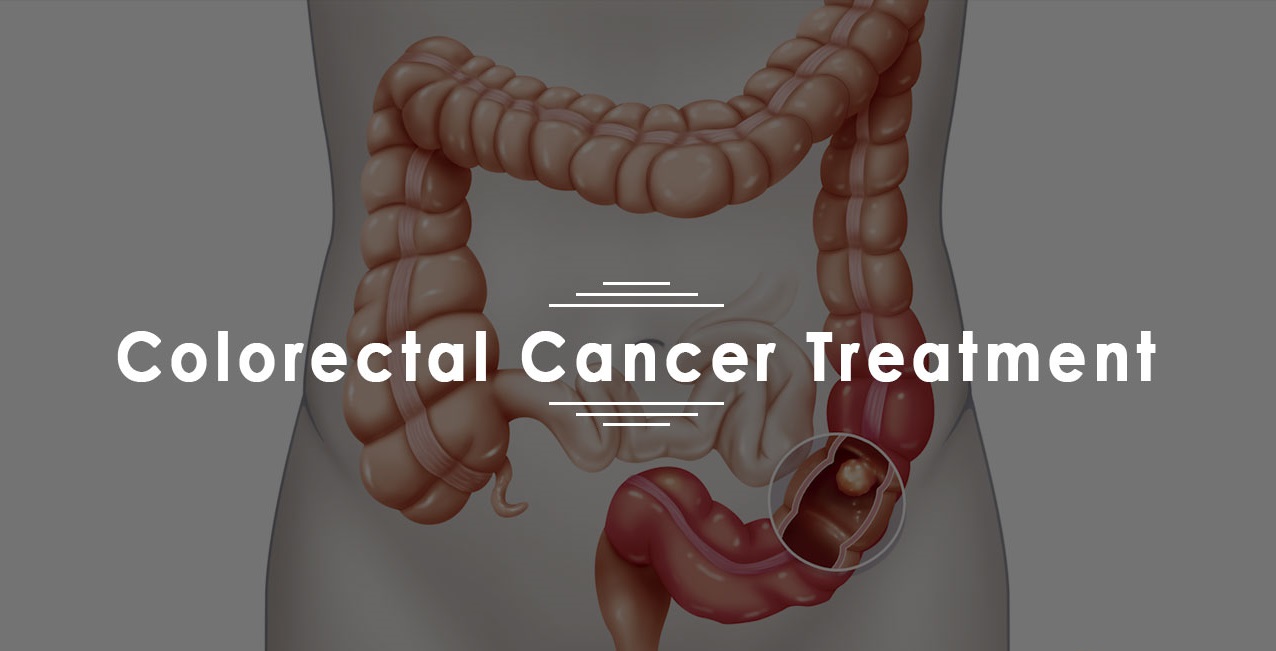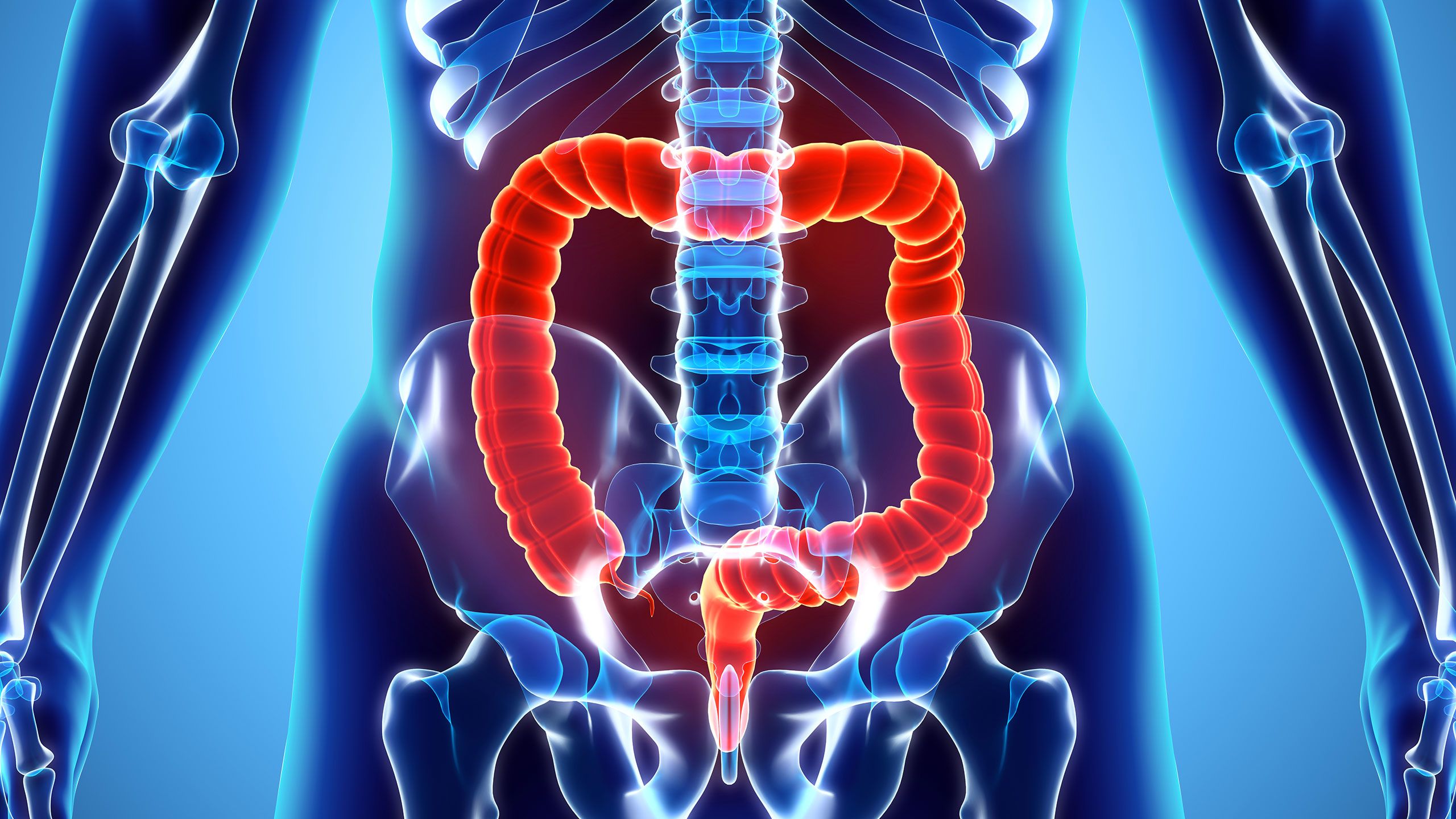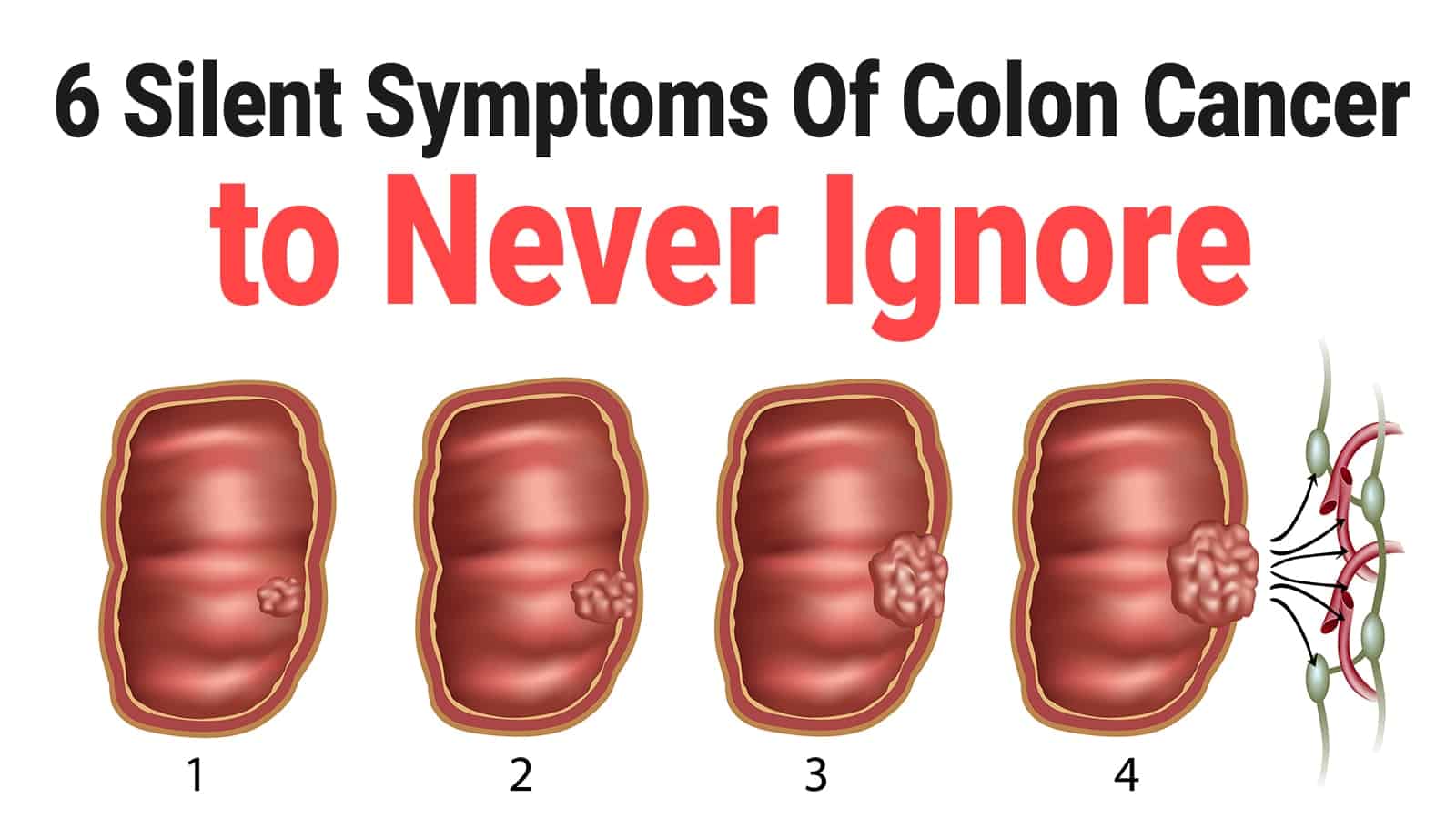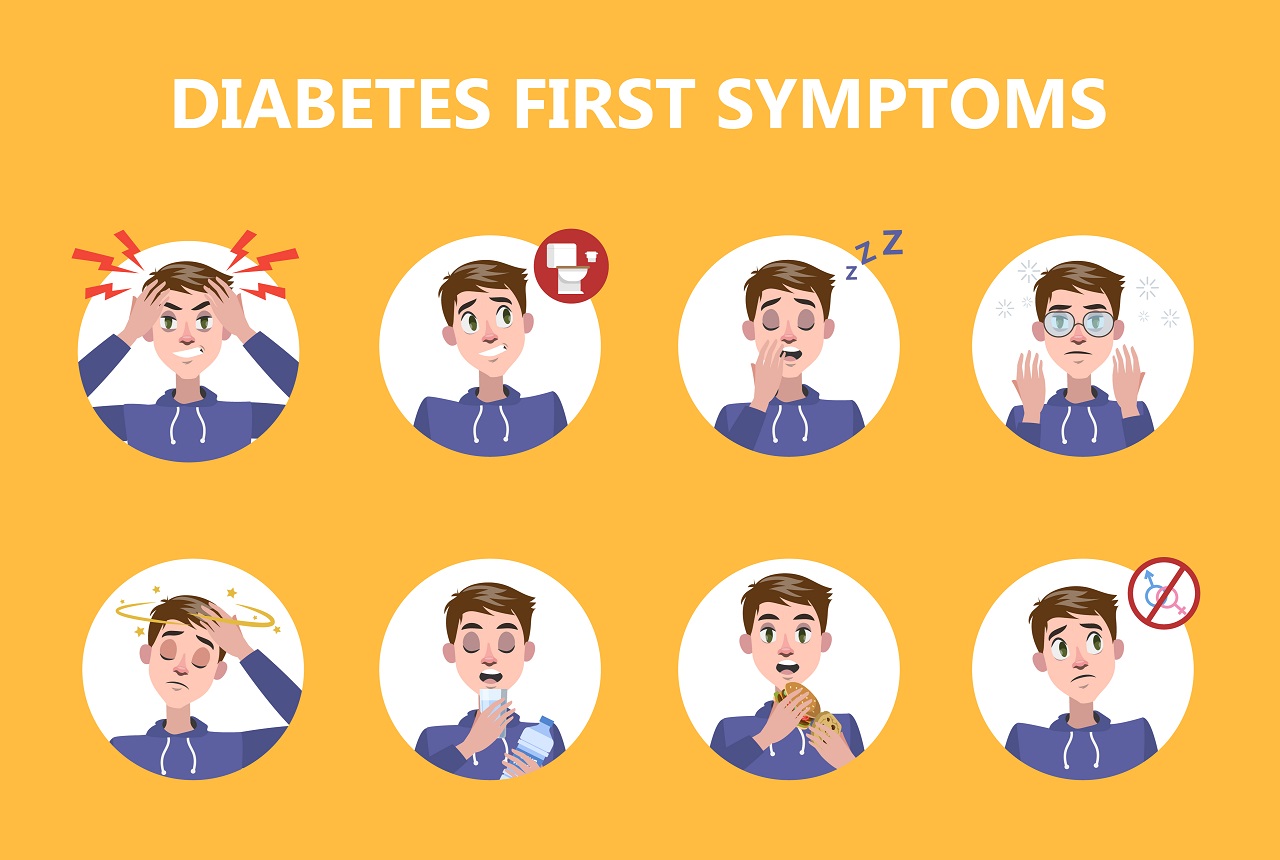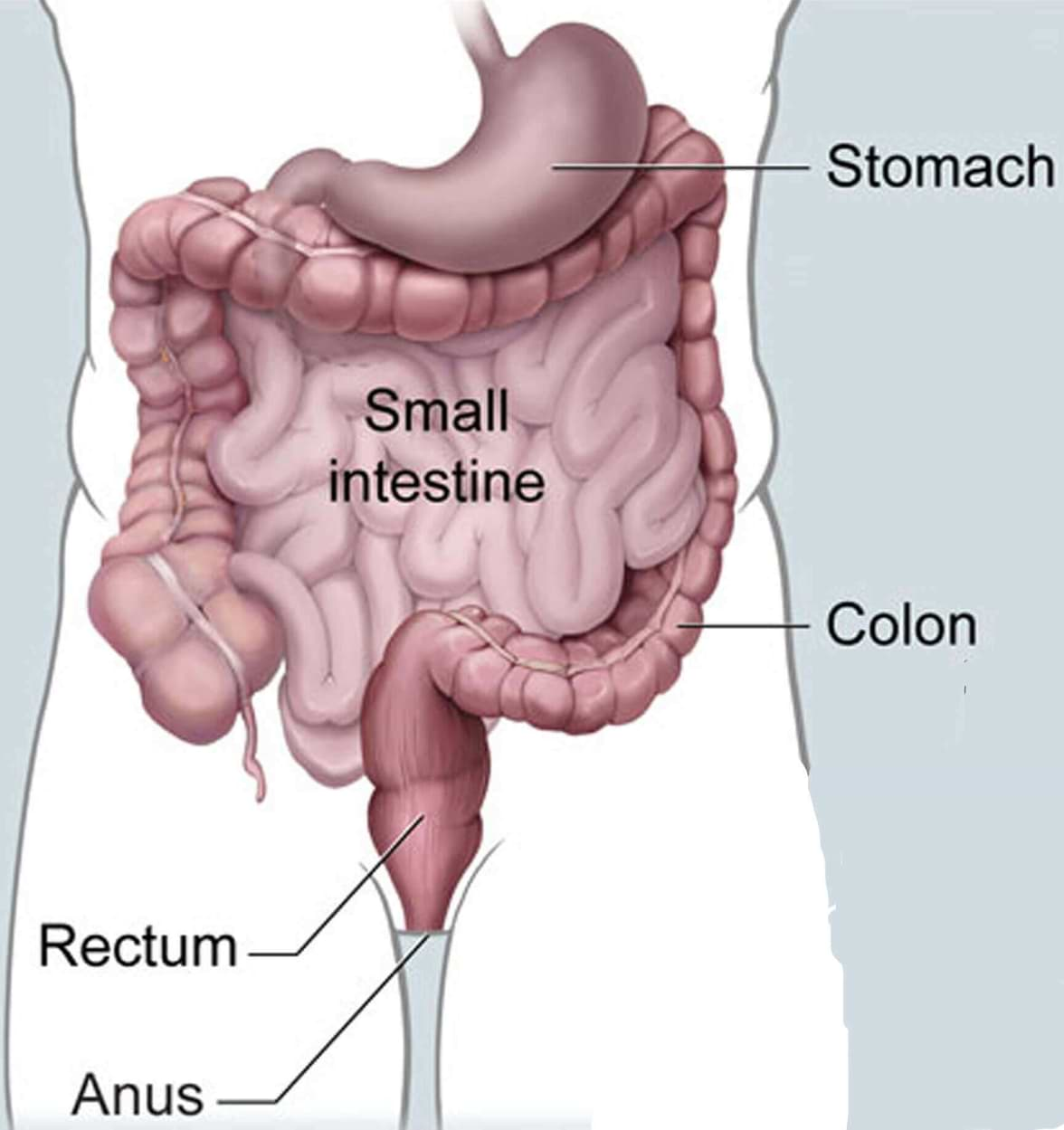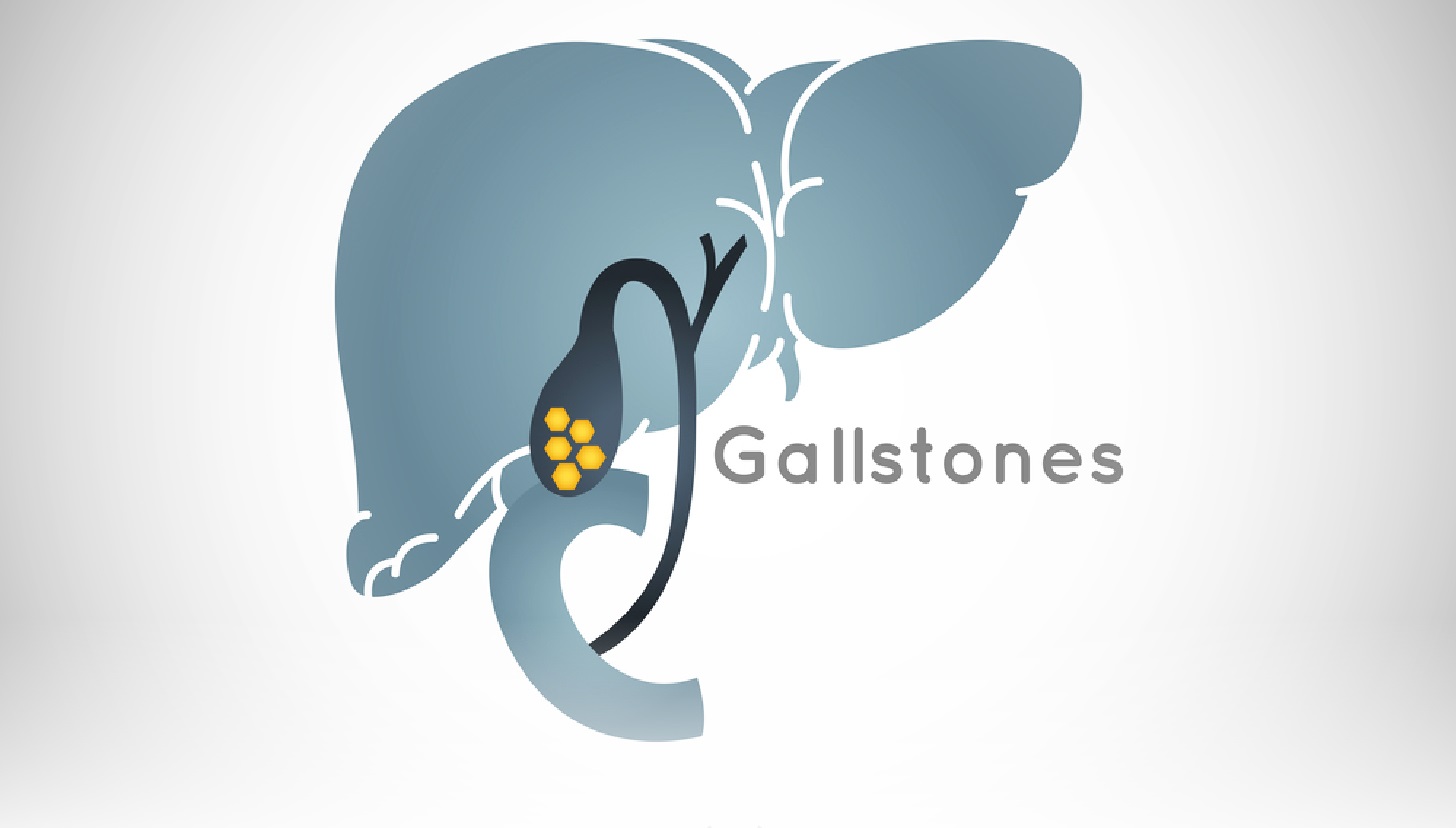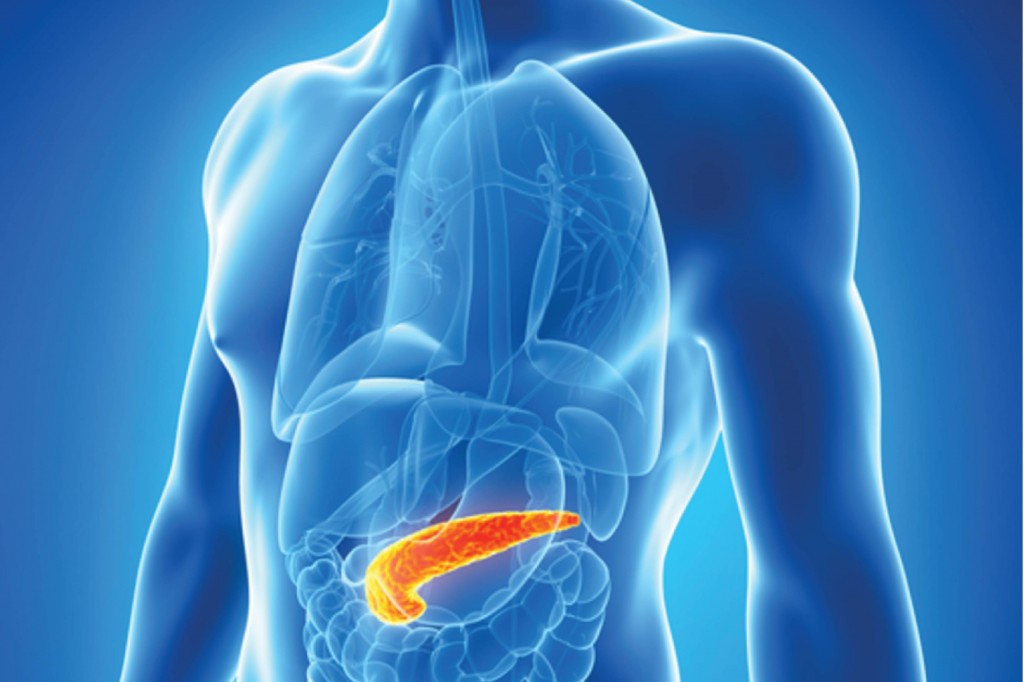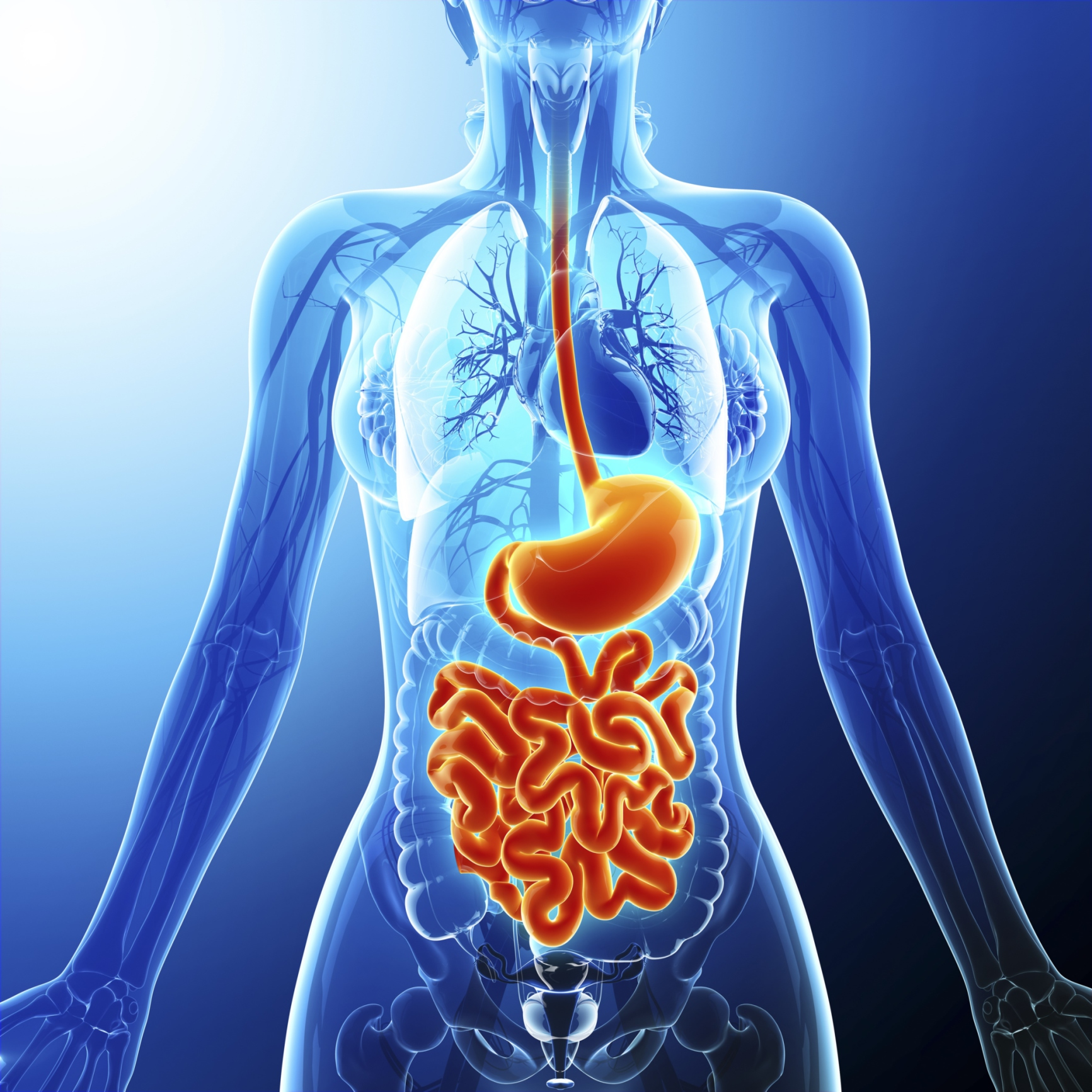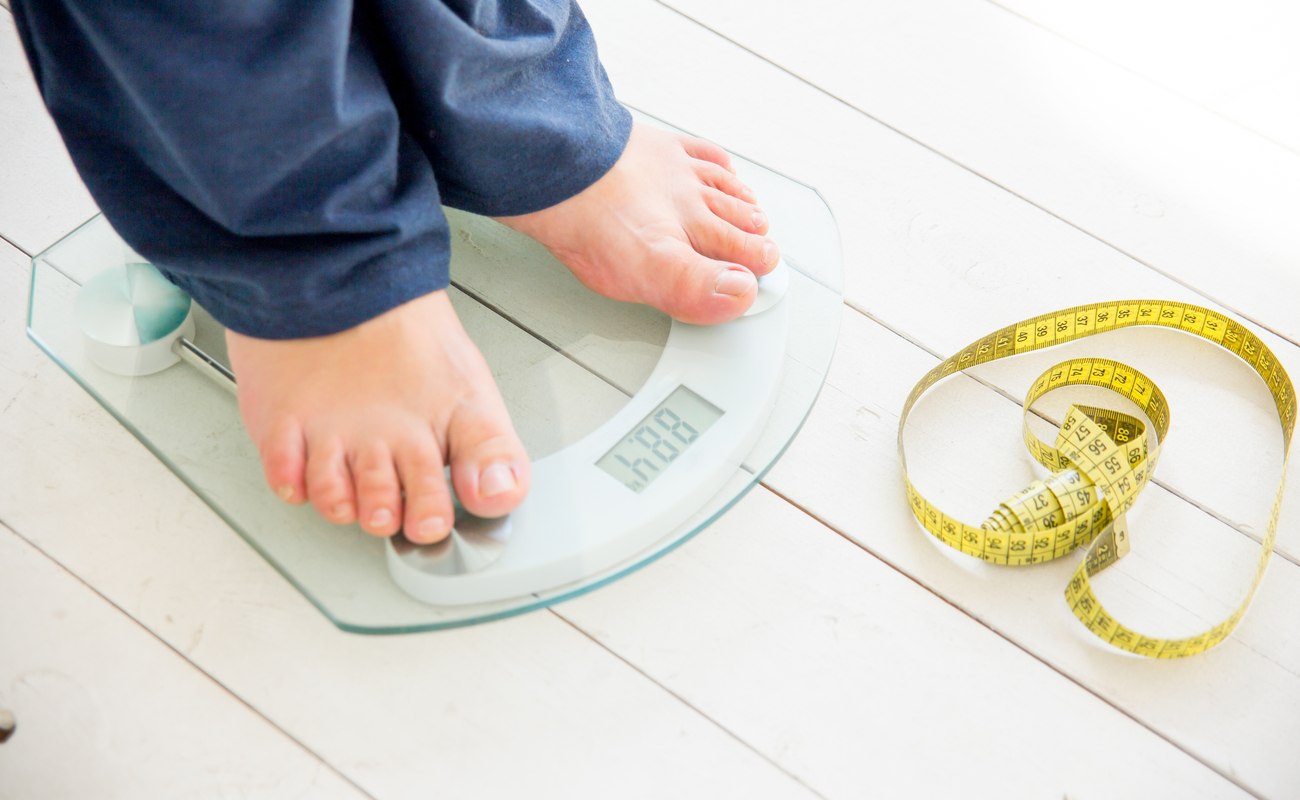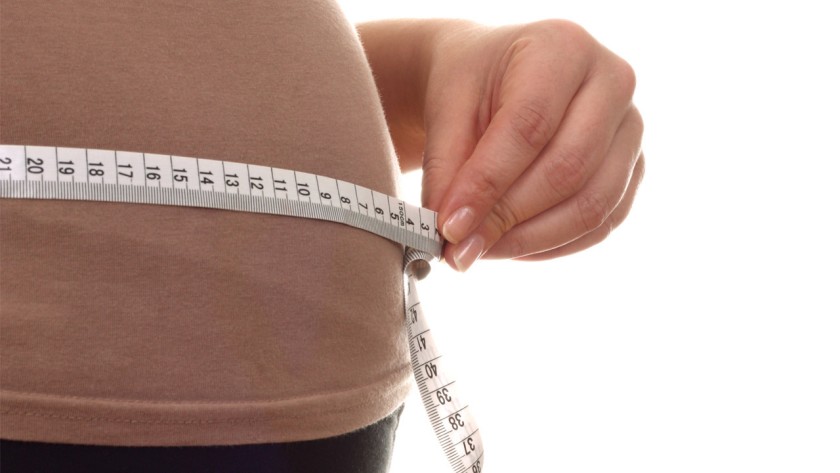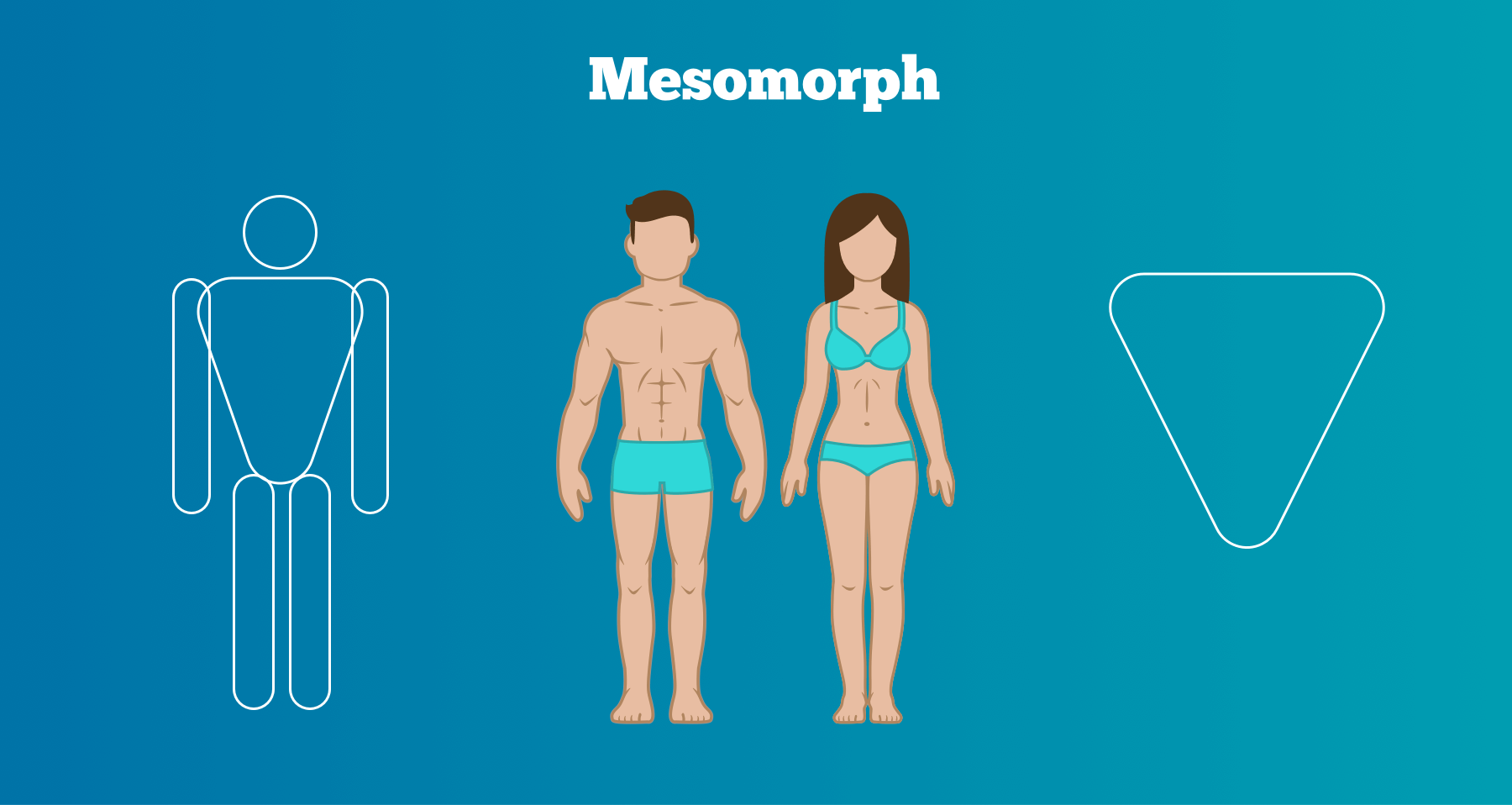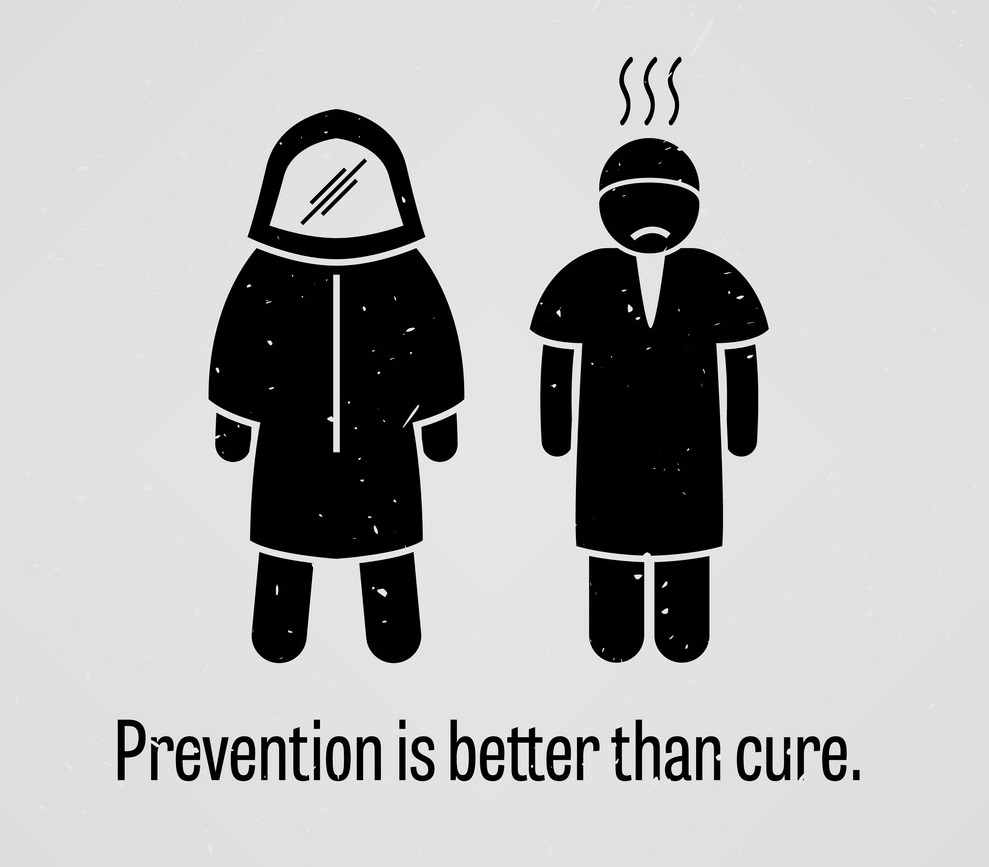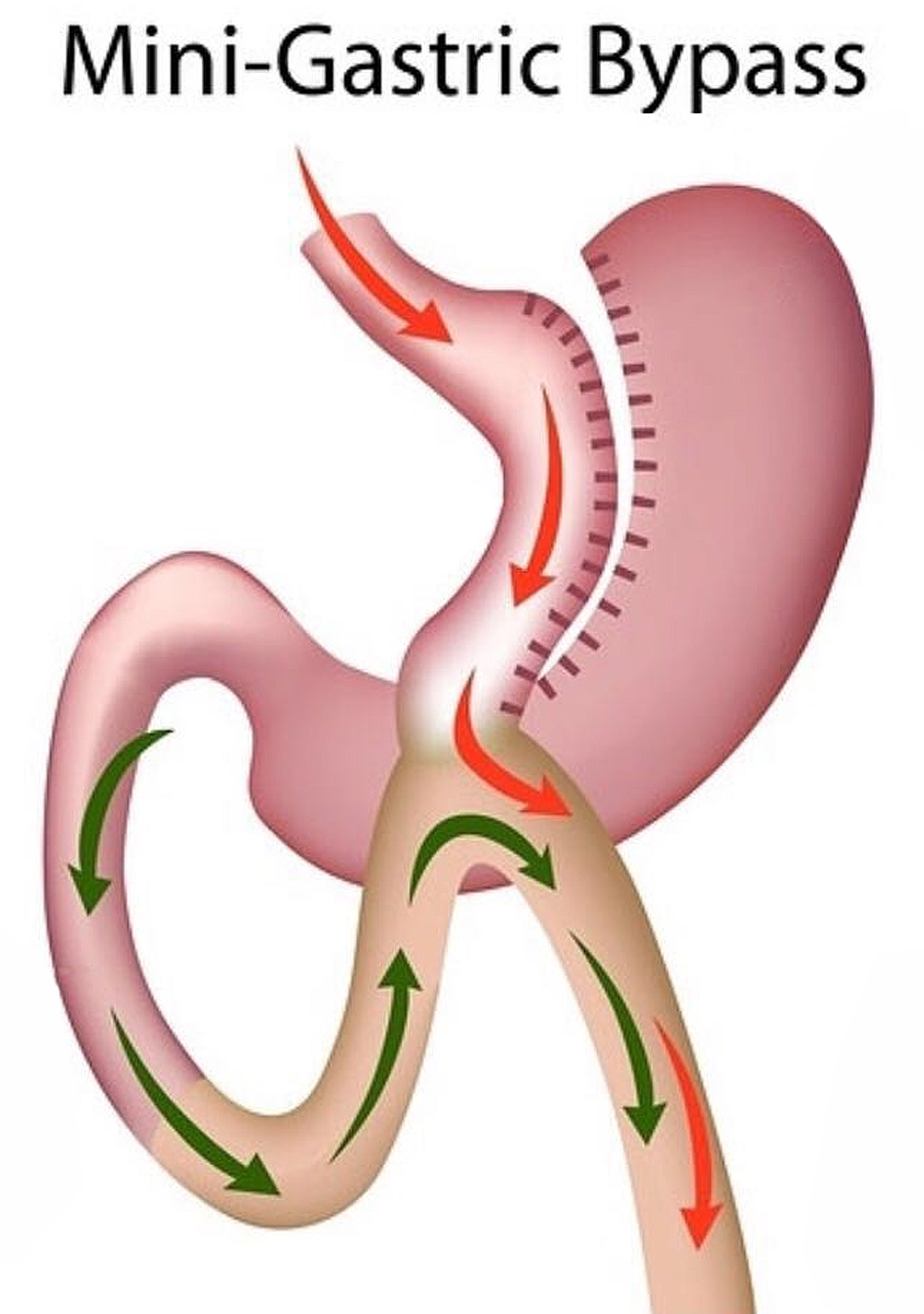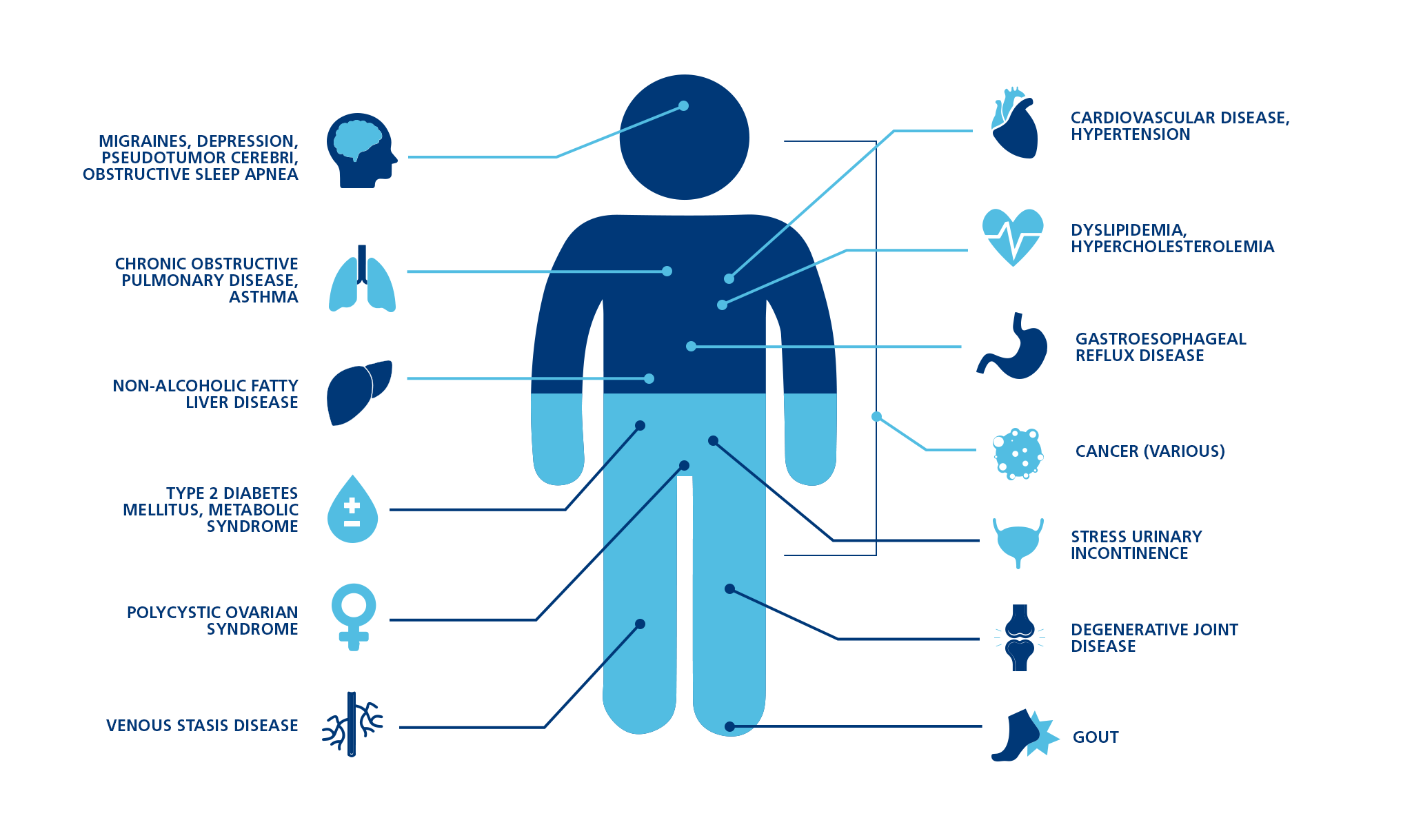Obesity
Obesity And Acidity- What is the Link?
Being overweight is linked to many health issues. These include depression, fatigue, and an increased risk of chronic diseases. New research points to an association between obesity and acidity.
Summary: 60 Second Read
This article covers:
- Understanding what is Acid Reflux and GERD- A condition which occurs when stomach acid flows back into the esophagus
- Effect of weight on Acid Reflux symptoms- Excess weight increases abdominal pressure, making stomach acid leakage or backflow
- Risk Factors- Certain foods are known to aggravate GERD symptoms. Avoiding them can be helpful in improving your condition.
- Weight loss tips- Simple and Effective weight loss tips to improve GERD condition.

Studies have shown that weight gain and an increase in the size of one’s belly may either cause or worsen acidity/ acid reflux/ heartburn condition.
Understanding the link between excess pounds/kilograms and acid reflux can help you take measures to maintain your weight and provide relief for your heartburn.
Understanding Acid Reflux and GERD
GERD (Gastro Esophagael Reflux Disease) also commonly called heartburn occurs when stomach acid flows back into the esophagus, which is the food pipe that connects the throat and stomach. Heartburn symptoms often occur shortly after eating and can last for a few minutes or even hours.
Contrary to the name, heartburn has nothing to do with your heart. Instead, the name comes from the burning sensations that occur around your chest and upper gastrointestinal tract. People may complain of a burning sensation in the chest or throat, a sour or bitter taste in their mouth or even cough symptoms.
Heartburn can happen to anyone once in a while. GERD, however, causes symptoms at least twice per week. Aside from the classic burning sensations, GERD may also cause:
- Bitter taste in your mouth
- Coughing
- Excessive belching
- Flatulence
- Sore throat
- Swallowing difficulties
- Wheezing
Whether you suffer from the occasional or ongoing form of acid reflux, weight can play a factor.
Effects of Your Weight on Symptoms
Occasional heartburn can happen to anyone, but being overweight is one of the most common causes of GERD. In fact obesity is often identified as the leading cause of frequent heartburn. Excess weight increases abdominal pressure, making stomach acid leakage or backflow more likely.
Tight clothing can also aggravate symptoms of heartburn. Losing weight can help alleviate acid reflux, and it can make your clothing looser as another form of treatment.
Weight Gain and Other Risk Factors
Being overweight is the biggest risk factor associated with GERD. Temporary weight gain, such as during pregnancy, can also cause heartburn. In such cases, the symptoms generally clear up once you get back to a normal weight.
Acid reflux may also aggravate and cause other health conditions, such as:
- Asthma
- Chest pain
- Chronic cough
- Sore throat
- Vocal cord tumors
Your diet can also play a role in acid reflux. The following foods are known to aggravate GERD:
- Alcohol
- Carbonated drinks
- Citrus foods (including fruit juices)
- Coffee
- Fatty foods
- Garlic
- Mints (especially peppermint)
- Packaged/processed foods
- Spicy foods
- Tomatoes and related products
Reducing trigger foods can benefit GERD in two ways: it can help alleviate symptoms in the short-term, and even help you lose weight in the long-term.
Weight Loss Tips
Weight loss is one of the best ways to beat GERD.
The first step is to reduce your daily calorie intake. Reducing foods high in fat can help reduce calories while also decreasing the risk for heartburn. The same is true of packaged foods and other non-nutritive items, such as sugar.
Exercise is another weight loss technique that is especially helpful for people with heartburn. Taking a walk after a meal helps with calorie-burning as well as digestion. This way, you are less likely to lay down after a meal and risk further stomach acid leakage.
For severe obesity that’s not resolved with diet and exercise, some cases might require weight loss surgery. Few of the weight loss surgery like sleeve gastrectomy and gastric balloon, due to the nature of the procedure, heartburn is a common side effect. In such a situation, gastric bypass is an ideal surgical procedure.
You can manage this in much the same way as other lifestyle remedies for heartburn:
- Eat smaller meals
- Don’t eat less than 2 hours before lying down
- Elevate the head of your bed 6-10 inches with a foam wedge
- Eat slowly
- Avoid trigger foods (such as spicy, high-fat foods)
Bottom line
There’s a strong link between excess weight and acid reflux. Losing weight is one of the best lifestyle changes you can make to help reduce heartburn, as well as your risk for other health complications.
If you have GERD, make sure you stick with your treatment plan to avoid esophageal damage. Talk to your gastroenterologist or consult online with our gastroenterologist if your condition fails to improve despite your best weight loss efforts.
Reference
- https://www.ncbi.nlm.nih.gov/pmc/articles/PMC2827866/
- https://www.ncbi.nlm.nih.gov/pmc/articles/PMC3093685/
- https://www.ncbi.nlm.nih.gov/pmc/articles/PMC2782772/
- https://www.ncbi.nlm.nih.gov/pmc/articles/PMC2702902/

